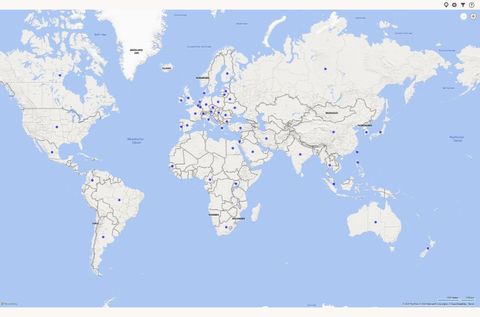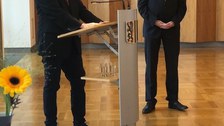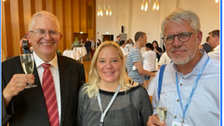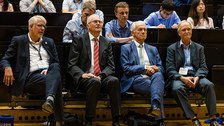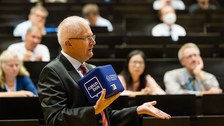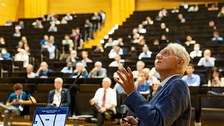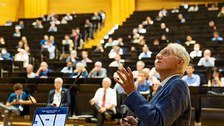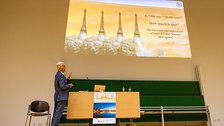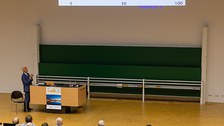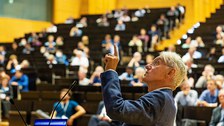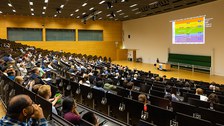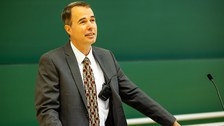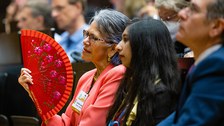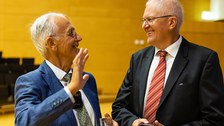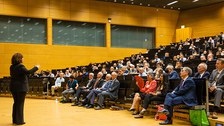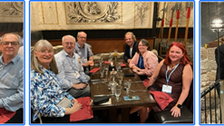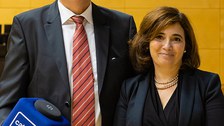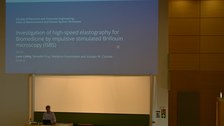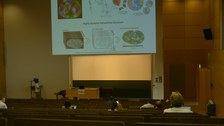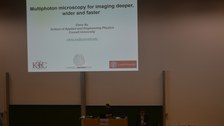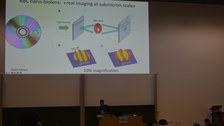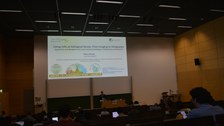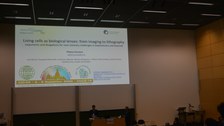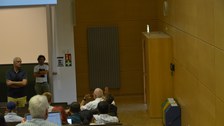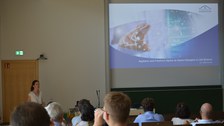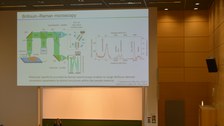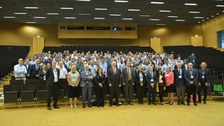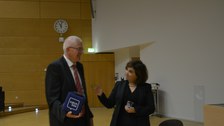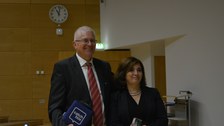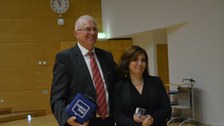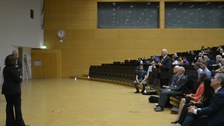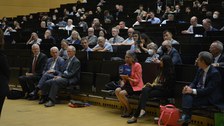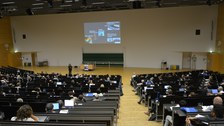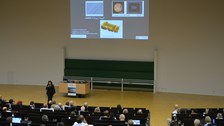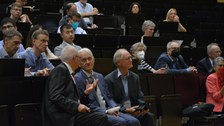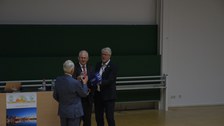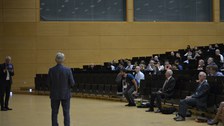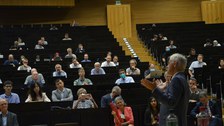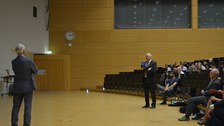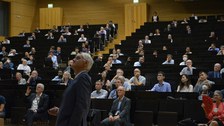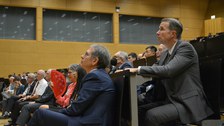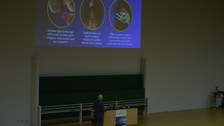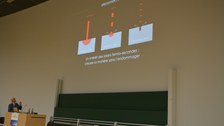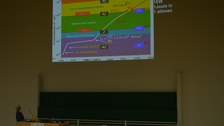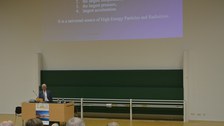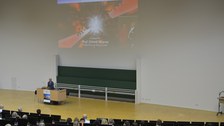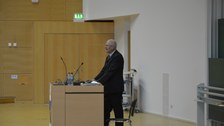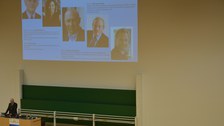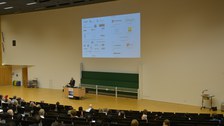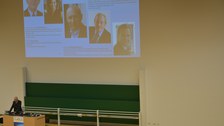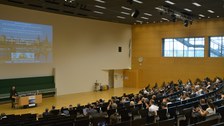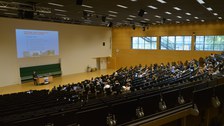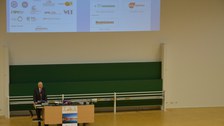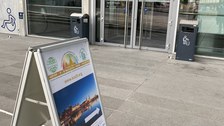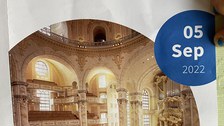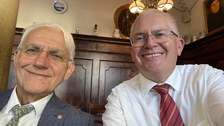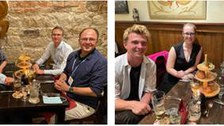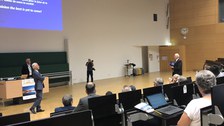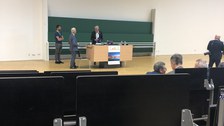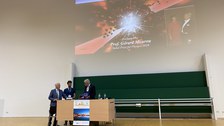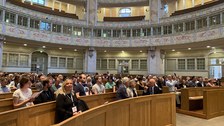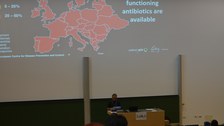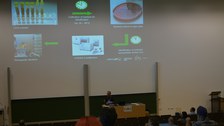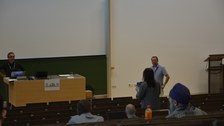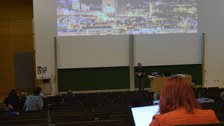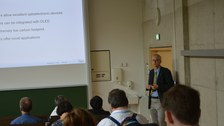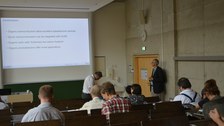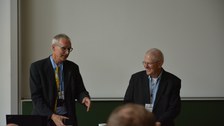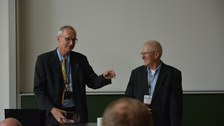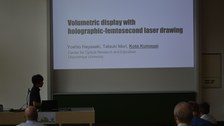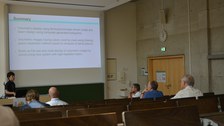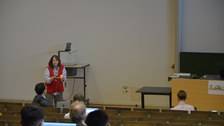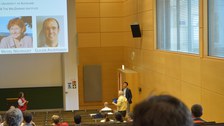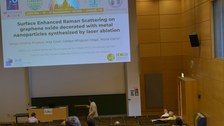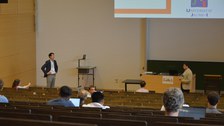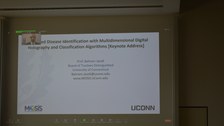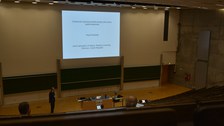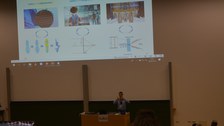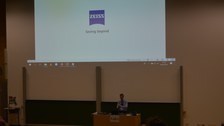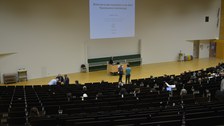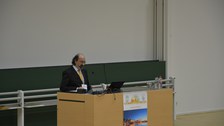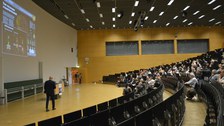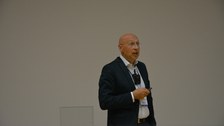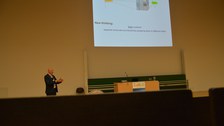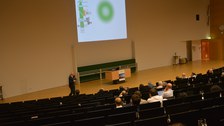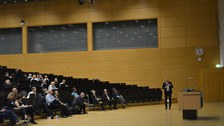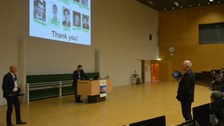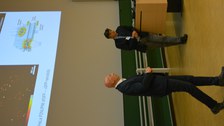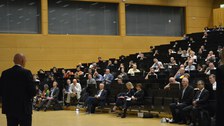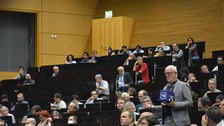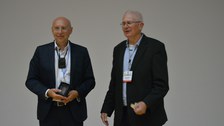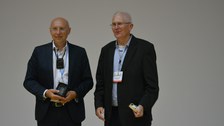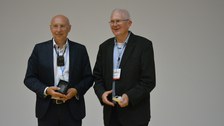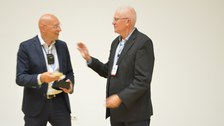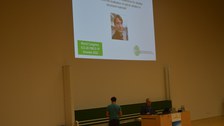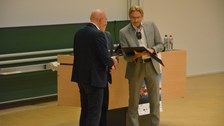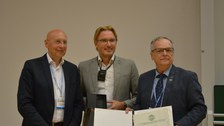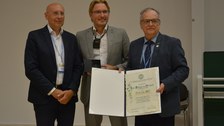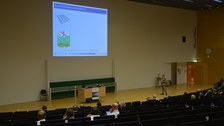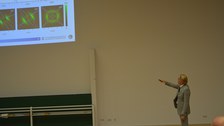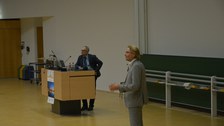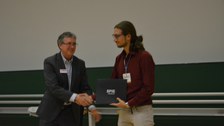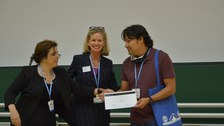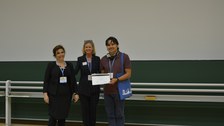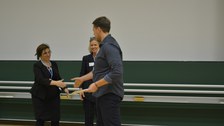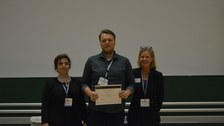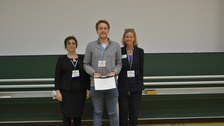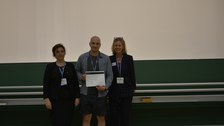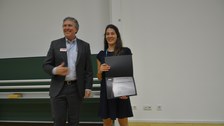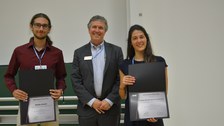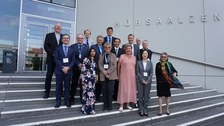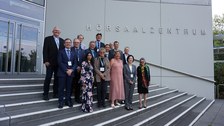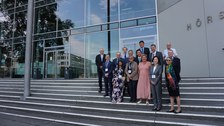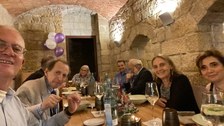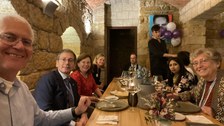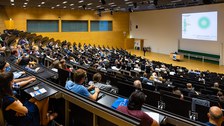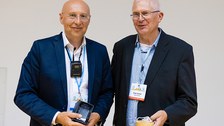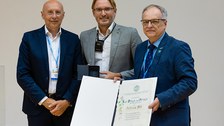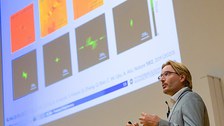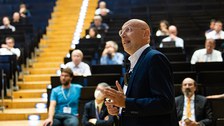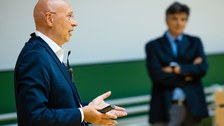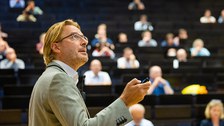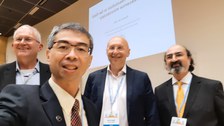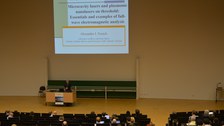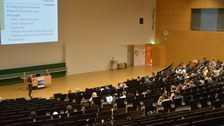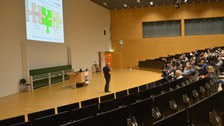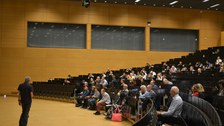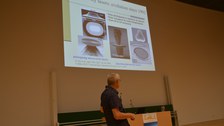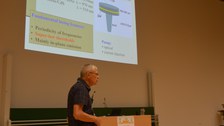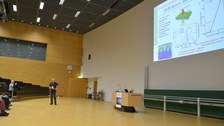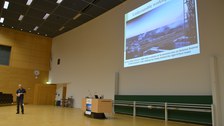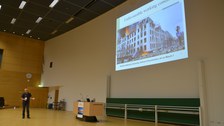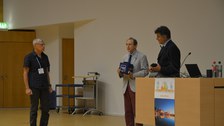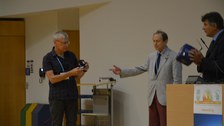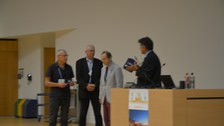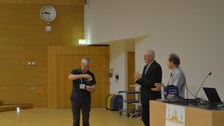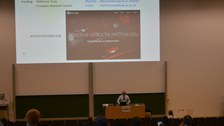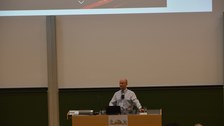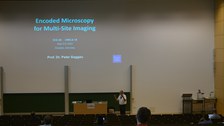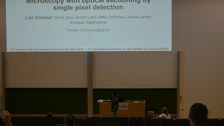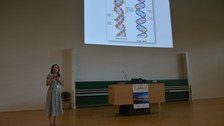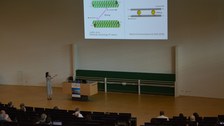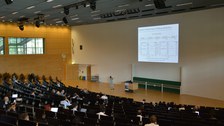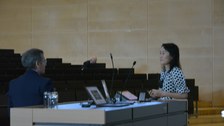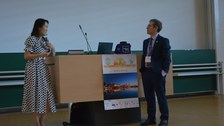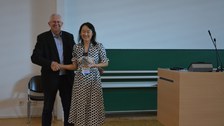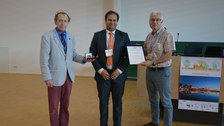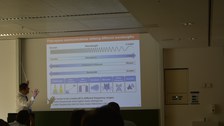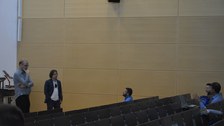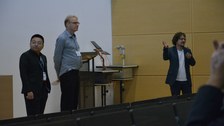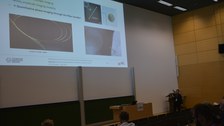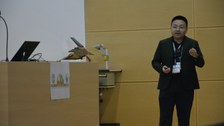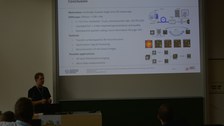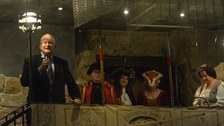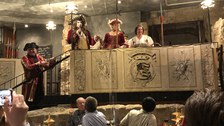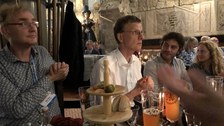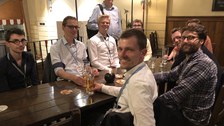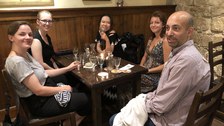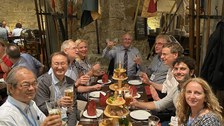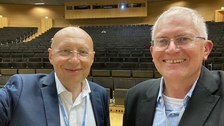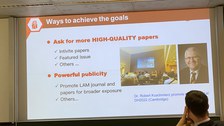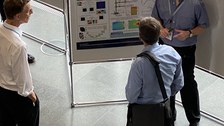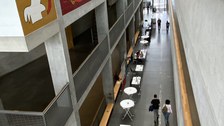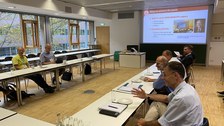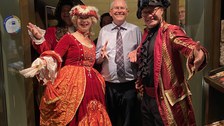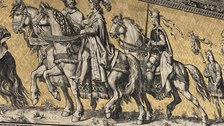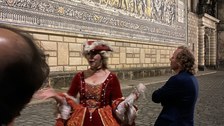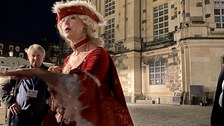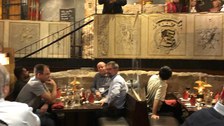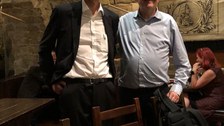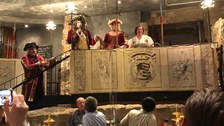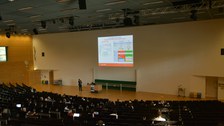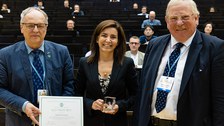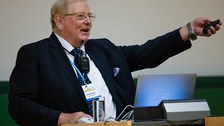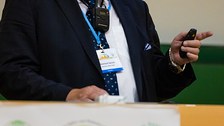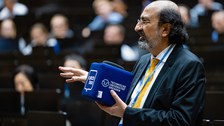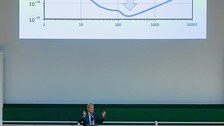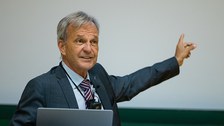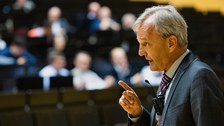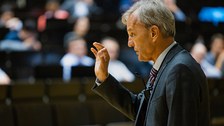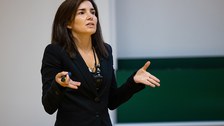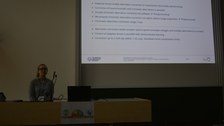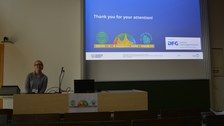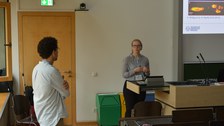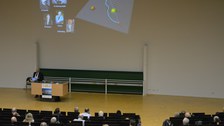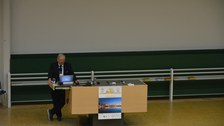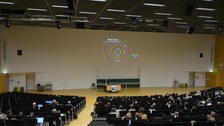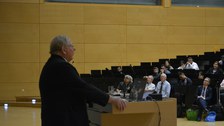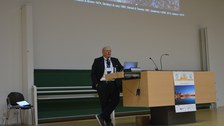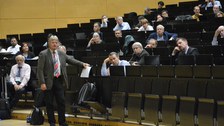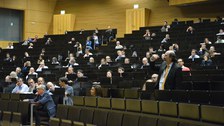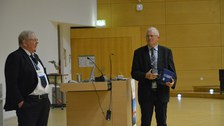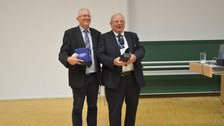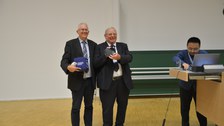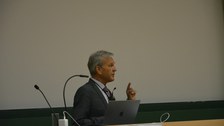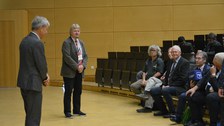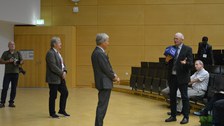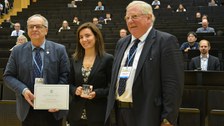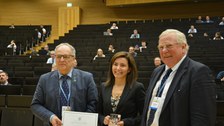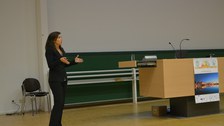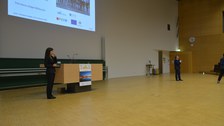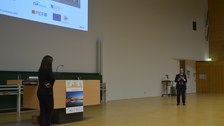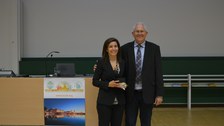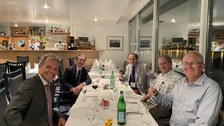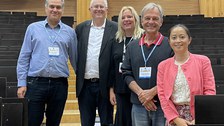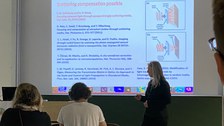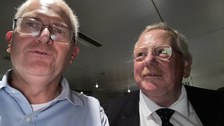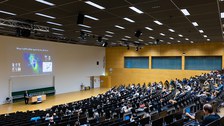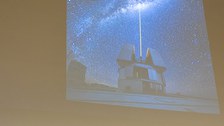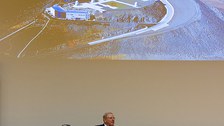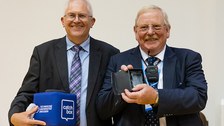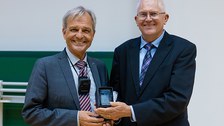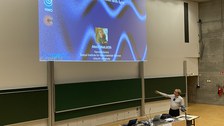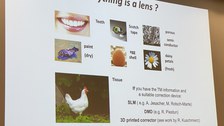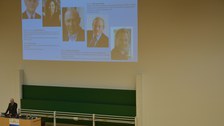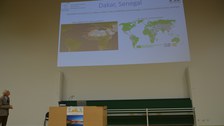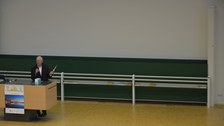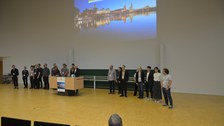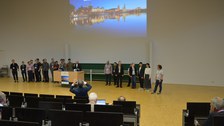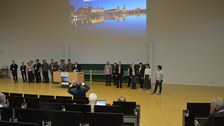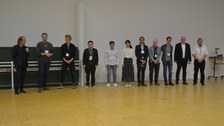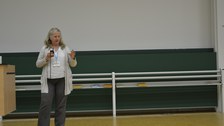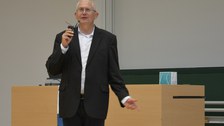General Congress ICO-25-OWLS-16 with 3 Nobel Laureates
The General Congress for optics and photonics ICO-25-OWLS-16 of the International Commission for Optics (ICO) and the international society for Optics Within Life Sciences (OWLS) was in-person celebrated at the TU Dresden, Dresden, Germany, 5-9 September 2022. It was a great honor for the ICO territorial committee of Germany to have hosted the General Congress in its country after 30+ years again. The General Congress was sponsored by the ICO, OWLS, and TU Dresden. We gratefully acknowledge the financial co-sponsoring by the DGaO - The German Branch of EOS, Carl Zeiss AG, OPTICA (The society advancing optics and photonic worldwide, formerly OSA), SPIE (The International Society for Optics and Photonics - Connect Minds and Advance Light), Photonics Society of IEEE (Institute of Electrical and Electronics Engineers), IUPAP (The International Union of Pure and Applied Physics) and the City of Dresden. The EOS (European Optical Society), LAM (African Laser, Atomic and Molecular Physics Network), and RIAO (The Iberian American Network on Optics) have technically co-sponsored the General Congress.
The main theme was "Advancing Society with Light", emphasizing the importance of modern light technology for society. Light has the potential to recognize the origins of diseases to prevent them, or to cure them early and gently. This is one of the central topics of OWLS, which was founded at the ICO-15 Congress in Garmisch-Partenkirchen in 1990. Therefore, a special commemorative event of the 30+ years anniversary of the foundation of OWLS in Germany was organized. For the first time in the history of ICO, a joint General Congress was celebrated together with OWLS.
Advancing Society with Light
The General Congress is the most important scientific and technical meeting on all important topics of optics and photonics around the entire world. The General Congress presented insights into the almost limitless variety of application potentials of light technology, emphasizing crucial innovations such as optical networks for the internet, optical information technologies for advanced artificial intelligence, secure data transmission with quantum key distribution and the quantum computer. Great potential to solving issues on the environment and global energy were highlighted. Perspectives for the disposal of nuclear waste and space debris are opened up, techniques for monitoring air quality and water including detection of micro-plastics and energy-saving lighting by OLEDs were presented. Novel methods providing advanced tools for biomedicine were emphasized, such as optogenetics, Brillouin elastography, advanced smart microscopy as well as the transfer of modern laser and deep learning techniques to clinics.
In addition, breakthroughs in fundamental science were presented at the congress, such as laser interferometers for the measurement of gravitation waves, galactic archeology of exoplanets and deformable mirrors for adaptive telescopes. Among the topics offered were: · Optical Engineering & Design · Material Processing & Lithography · Display and Vision · Optical MEMS and Micro-Optics · Optical Sensing and Measurement · Computational Metrology · Optical Information Processing · Quantum and Nonlinear Optics · Ultrafast Optics & High Power Lasers · X-Ray and High-Energy Optics · Plasmonics and Metamaterials · Nanophotonics & Nanosensing · Fiber Optics & Communications · Terahertz and Silicon Photonics · Microscopy, Biomedical Spectroscopy · Biomechanics & Optical Elastography · Biomedical Optics · Nanobiophotonics & Optogenetics · Optics for Infectious Diseases
3 Nobel Prize Laureates at the General Congress in Dresden
Memorable in-person talks by three Nobel Prize winners were presented. Gérard Mourou, 2018 Nobel Laureate in Physics, inspired the audience with the plenary talk "Extreme Light for the Benefit of Science and Society". Sensational perspectives were outlined on the particle production in empty space to acquire an understanding how the mass of elementary particles is defined. Furthermore, the transfer to medicine was highlighted. An exciting plenary talk, titled “Optical Microscopy: The Resolution Revolution” was presented by Stefan W. Hell, winner of the 2014 Nobel Prize in Chemistry. Optical microscopy has attained single-digit nanometer imaging resolution in the far-field, enabling molecule motion tracking in vivo to elucidate the secrets of life. The 2020 Nobel Prize laureate in Physics, Reinhard Genzel, delivered the fantastic plenary talk, titled “A 40-Years Journey”. The existence of mass singularity at the center our Milky Way with four million solar mass objects was observed beyond any reasonable doubt, which could only be achieved through the disruptive advances of optical telescopes using adaptive optics and fiber interferometers.
Dresden attracted well-known scientists
In addition to the 3 Nobel Prize winners, two other outstanding plenary lectures were presented and discussed. Michal Lipson spoke about „The Revolution of Silicon Photonics“, highlighting novel applications ranging from remote sensing to ultrahigh-bandwidth communications, which is crucial for advancing the internet. Karsten Danzmann presented a sensational talk, titled „Gravitational Wave Astronomy: Listening to the sounds of the dark universe!”. Perspectives on understanding dark matter and hearing the Big Bang by laser interferometers on earth and in space were discussed. Furthermore, well-known researchers have presented excellent invited talks such as Alexander Gaeta, Jannick Rolland, Alan E. Willner, Jun Ye, Malgorzata Kujawinska, Pietro Ferraro, Karl Leo, Polina Bayvel, Aydogan Ozcan, Bahram Javidi, Tobias Kippenberg, Yongkeun Park, Allard Mosk, Elizabeth Hillman, Christoph Zaczek, Heidi Ottevaere, Chris Xu, Martin Booth, Cather Simpson, Juergen Popp, Pablo Artal, Caroline Murawski, Guohai Situ, Malte C. Gather, Elaine Wong, Michael Kempe, Wilhelm G. Kaenders, Sudipta Maiti, Adrian Podoleanu, Clara Saraceno, Georg Barbastathis, Colin J. R. Sheppard, Frederique Vanholsbeeck, Eugene Serabyn, Olav Solgaard, Lucia Kleint, Andrew G. White, Cornelia Denz, Jeffrey Kuhn, Michèle Heurs, Ori Katz, Yuzuru Takashima, Maria Vinas-Pena, Jörg-Peter Elbers, Monika Ritsch-Marte, Markus Graefe, Gerd Leuchs, Mona Jarrahi, Jun Tanida, Dana Cialla-May, Kai Wicker, Miguel A. Alonso, Jan Huisken, Kaoru Minoshima, Michel Meunier, Francesca Palombo, Michael Totzeck, Demetri Psaltis, and many others.
Award presentations, diversity and support to participation
The General Congress planned to support expenses to the presenters or Bureau members from developing countries. Over 25 scholarships were granted based on the available budget of ICO, OWLS, OPTICA, SPIE, IEEE Photonics Society, and IUPAP. Elizabeth Rogan, CEO of OPTICA, spoke about the important topic “Diversity as a stategic driver”. Great efforts have been made to increase the number of female speakers with extraordinary commitment of the international Technical Program Committee (TPC), especially by Wolfgang Osten. In order to foster students OPTICA-SPIE prizes were awarded. 17 best student papers prizes with a donation of 300 Euro each were supported by OPTICA, SPIE and TU Dresden. They were presented by Michal Lipson, President Elect of OPTICA and Kent Rochford, CEO of SPIE. The DGaO awarded 3 prizes for the best posters during the closing session of the General Congress. Furthermore, the OPTICA-SPIE student chapter Dresden has invited for an evening seminar.
The 5 awards for outstanding scientist were special highlights of the General Congress. Nobel laureates have handled the medals to the honored scientists. Two ICO Prizes were presented to Francesca Calegari with the topic “Attosecond technology for the real-time tracking of electron dynamics in molecules” and Andrea Alu with the topic “Extreme Light-Matter Interactions in Polaritonic Metasurfaces”. Two IUPAP Young Scientist Prizes were awarded to Na Liu with the topic “Controlled multi-motion in high-order plasmonic architectures” and Can Bayram with the topic “Cubic-phase III-nitrides for Next Generation Quantum Devices”. The Galileo Galilei Medal was presented to Alexander I. Nosich, Laboratory of Micro and Nano Optics, Kharkiv, Ukraine, with the topic “Microcavity lasers and plasmonic nanolasers on threshold: Essentials and examples of full-wave electromagnetic analysis”. His outstanding contributions were achieved in unfavorable circumstances of Ukraine. His awarding at the General Congress was a special moment.
World general congress under extraordinary circumstances
Immediately after the ICO-24 in 2017, the preparations for the General Congress already took place, but had to be stopped in 2020 due to the Covid-19 pandemic. The General Congress was postponed to 2021, but could not be held again. Fortunately, due a wise decision by ICO, no switch to digital presentation happens. However, there were extraordinary circumstances for the in-person General Congress by the war in Europe, shortcomings with flights and travel restrictions, supply chain limitations, etc. Most hurdles were taken together with the commitment of the worldwide network of sponsors and co-sponsors, the TPC especially the program chairs Wolfgang Osten and Alexander Heisterkamp, the fundraising chair Michael Pfeffer, adviser Bernd Kleemann and the unbelievable commitment of the local team, especially of Nektarios Koukourakis and Lars Buettner. The worldwide General Congress was celebrated with 5A (Africa, Asia, Australia, America and Amazing Europe). The total number of participants in ICO-25-OWLS-16 was around 400. For many participants it was the first face-to-face congress in two years with great opportunities for discussions and thinking about joint international projects.
Top-quality contributions were presented from 55 countries of all continents (5A): Germany, USA, UK, Japan, India, Spain, Italy, China, Argentina, Mexico, Switzerland, Czech Republic, Netherlands, France, Austria, Australia, Ireland, Poland, Belgium, Canada, Ukraine, Portugal, New Zealand, India, Singapore, South Africa, Taiwan, South Korea, Israel, Hungary, Bulgaria, Romania, Turkey, Colombia, Luxembourg, Russia, Saudi Arabia, Finland, Thailand, Brazil, Sweden, Senegal, Denmark, Iraq, Iran, Greece, Oman, Armenia, Ecuador, Belarus, Lithuania, Latvia, Chile, Philippines, Egypt, and Uganda.
Frank Hoeller, general assembly and social events
The ICO as the umbrella organization with 54 territorial members and 7 scientific organizations has celebrated in Dresden the 75-years anniversary. The city hall of Dresden invited for a reception on Sunday, 4th September. The first mayor Detlef Sittel welcomed the international participants from 5A and highlighted science, industry and art in the capital of Saxony. On Monday, 5th September the General Congress was opened. The outstanding engagement of Frank Hoeller, Associate Secretary of ICO from 2017 to 2021, for the General Congress was highlighted. The ICO mourns his passing and the participants thought with a moment of silence. To commemorate Frank Hoeller the DGaO exhibited a poster.
After an introduction by the general chair Juergen Czarske of Dresden and TU Dresden, John Howell, President of ICO, welcomed the participants and outlined the 75 years anniversary of the ICO, which was founded 2 years after second world war. The 60+ years anniversary of LASER and 30+ years anniversary of OWLS was celebrated. The participants of the welcome reception enjoyed a fantastic organ concert in the Church of our Lady (Frauenkirche). A speech highlighted the unique construction, destruction and reconstruction of the Frauenkirche. On Tuesday, OPTICA organized a dinner. On Wednesday, the Rector of the TU Dresden, Ursula Staudinger has given a welcome address. The entire lecturing building (HSZ) was used exclusively for the General Congress. We acknowledge this crucial support of TU Dresden. At the banquet in the Pulverturm, a historic (gun) powder tower, the exciting history of Dresden was lively demonstrated by jugglers with costumes of August the Strong and Countess Cosel. A guided tour around the Frauenkirche was a further highlight. The General Assembly (GA) debated and approved the strategic plans of ICO. Gilles Pauliat presented at the GA and the closing session the preparations for the next general congress ICO-26 in Dakar, Senegal. Humberto Michinel highlighted at the closing session that ICO became Category 1 Member International Science Council (ISC).
Conclusion
We are pleased to have successfully celebrated the General Congress ICO-25-OWLS-16 in Dresden, thanks to the strong support by the ICO Bureau members and territorial committee, as well as international societies. It was the first postponed congress of ICO and the first merged congress of ICO and OWLS. We believe that ICO-25-OWLS-16 has become one of the most prestigious General Congress in the whole history of the ICO with Three Nobel Laureates, well-known fantastic invited speakers and the highest quality of talks, posters, exhibition and discussions. Many invited speakers have won ICO Prizes before, such as the Nobel Laureate Stefan Hell. We express our acknowledgements to all committee members who contributed to the organization, the preparation, and the execution of the General Congress in Dresden, Germany. On behalf of ICO-25-OWLS-16 we hope everyone had an exciting and memorable time at this extraordinary General Congress.
Juergen Czarske on behalf of the entire local team
General Chair of ICO-25-OWLS-16-Dresden-Germany-2022 and Vice President of ICO.
Professor and Director at TU Dresden, Fellow of OPTICA, Fellow of SPIE, Fellow of EOS, Fellow of IET (former IEE), Fellow of IOP, Elected Member of Saxon Academy of Sciences.
https://idw-online.de/de/news800509
© VisitDresden
Please explore www.ico25.org for information on ICO-25/OWLS-16-Dresden Germany
Impressions from the general congress ICO-25-OWLS-16-Dresden-Germany-2022:
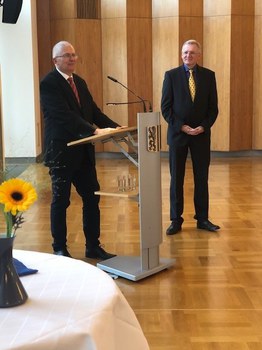
First Mayor Sittel and General Chair Czarske (from right) © Ning Guo
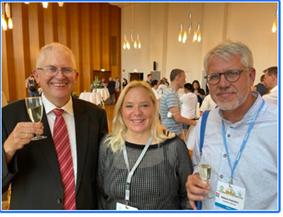
© Ning Guo
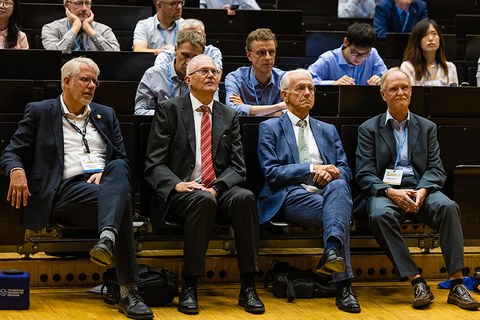
© PhotographIntercom
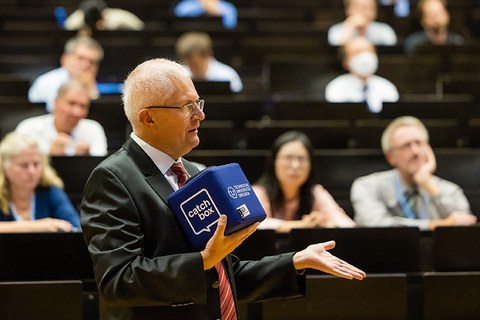
© PhotographIntercom
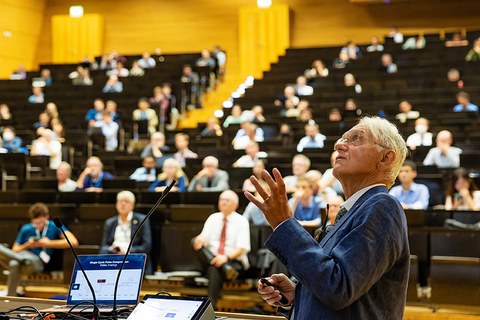
© PhotographIntercom
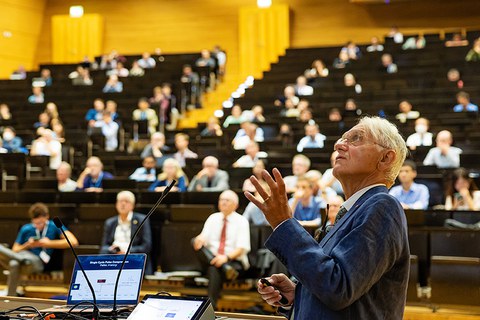
© PhotographIntercom
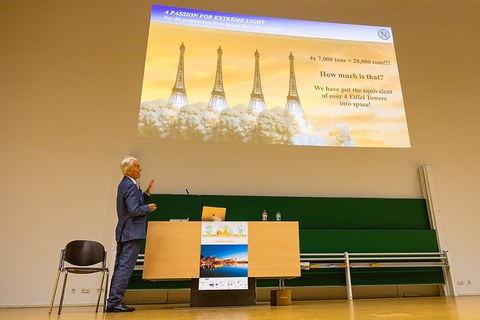
© PhotographIntercom
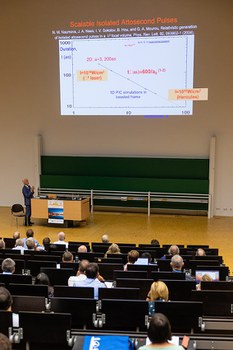
© PhotographIntercom
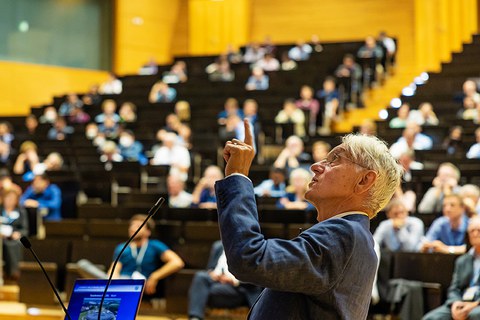
© PhotographIntercom

© PhotographIntercom
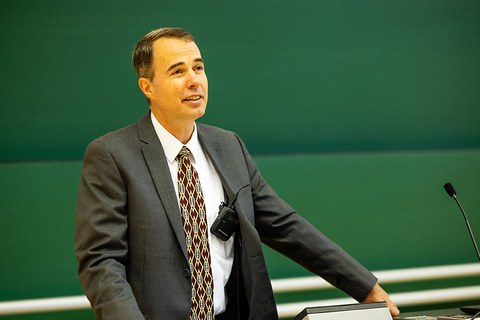
© PhotographIntercom
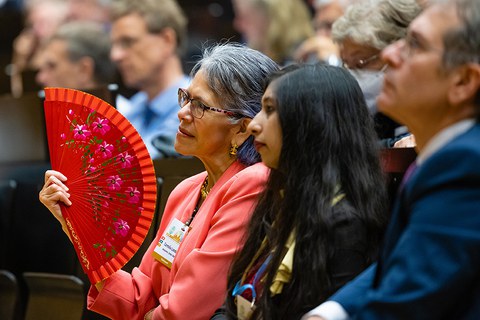
© PhotographIntercom
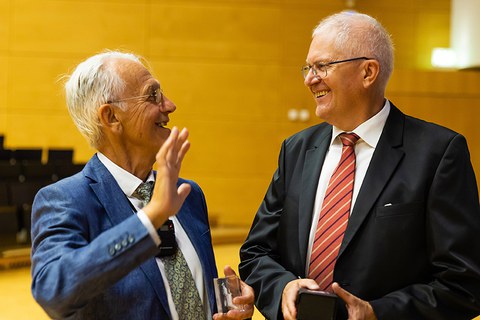
Nobel Laureate Gérard Mourou and General Chair Juergen Czarske (from left) © PhotographIntercom
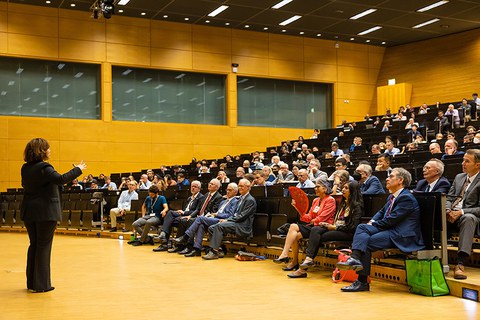
© PhotographIntercom

© Ning Guo
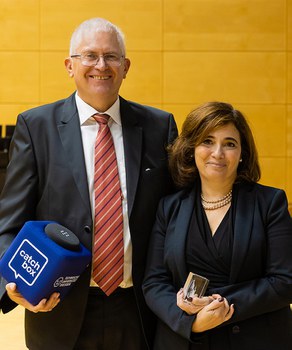
© PhotographIntercom
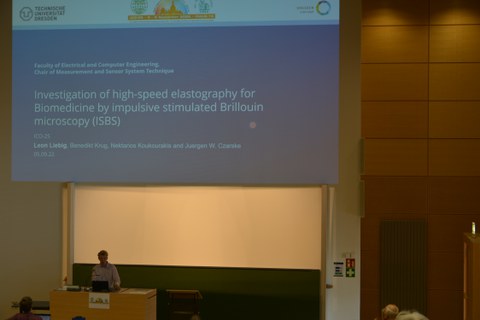
© Ning Guo
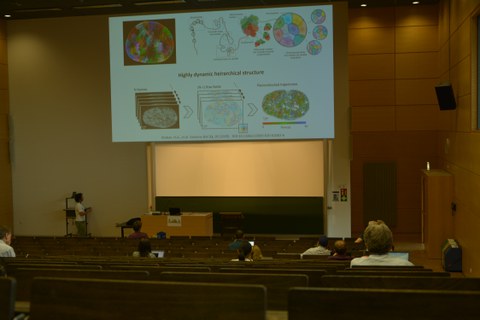
© Ning Guo
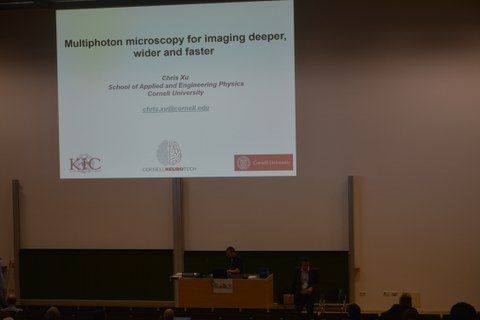
© Ning Guo
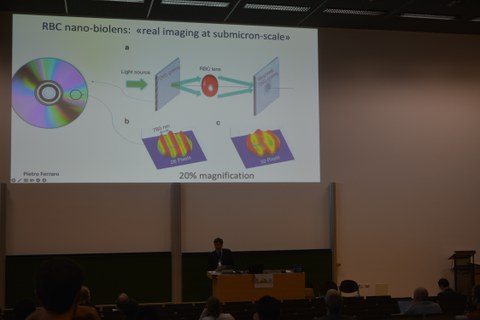
© Ning Guo
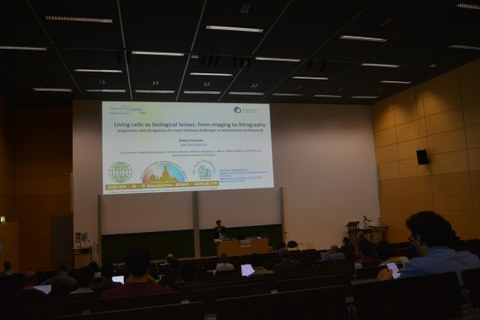
© Ning Guo
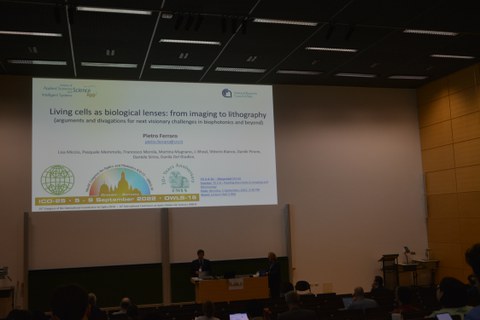
© Ning Guo
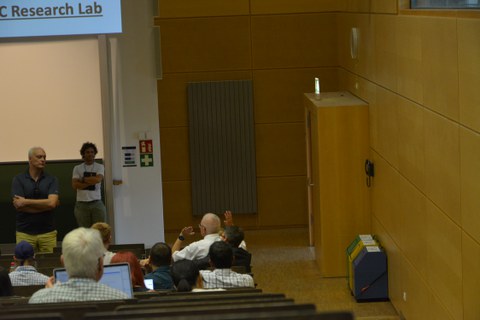
© Ning Guo
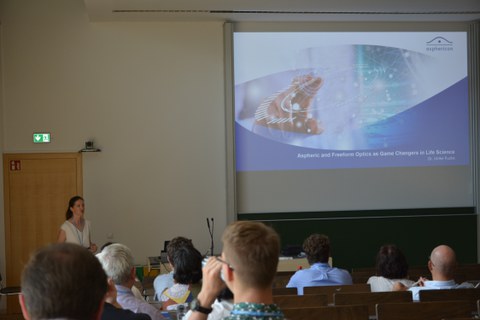
© Ning Guo
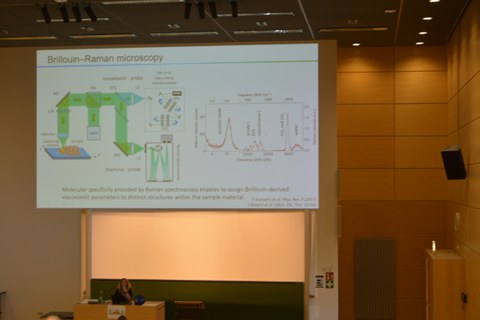
© Ning Guo
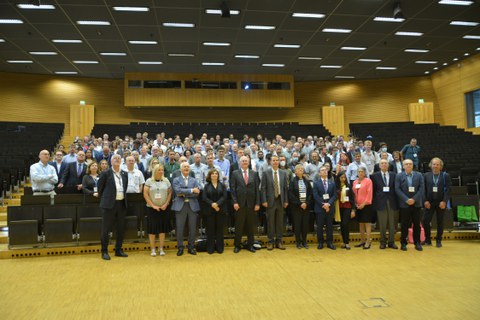
Group Photo of some of the participants of the General Congress on Monday, 5 Sep 2022 © Ning Guo
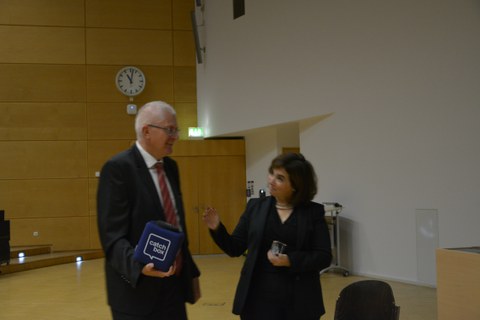
© Ning Guo
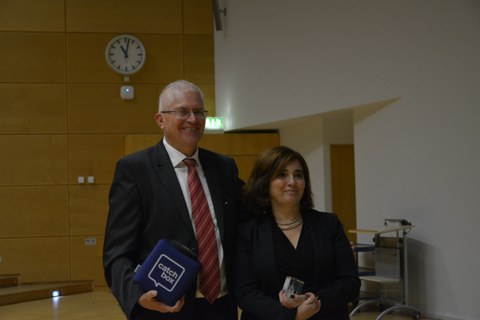
© Ning Guo
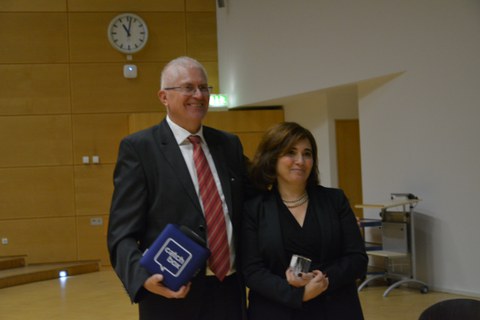
© Ning Guo
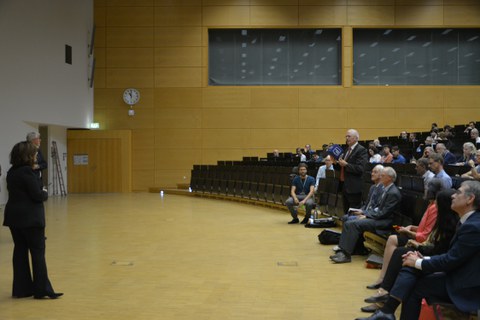
© Ning Guo
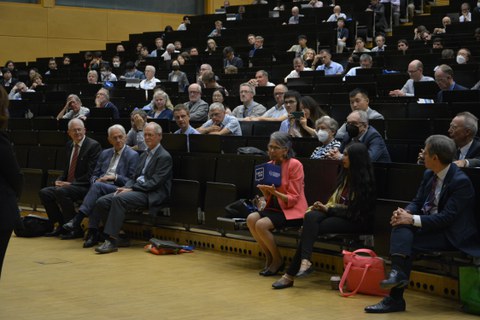
© Ning Guo
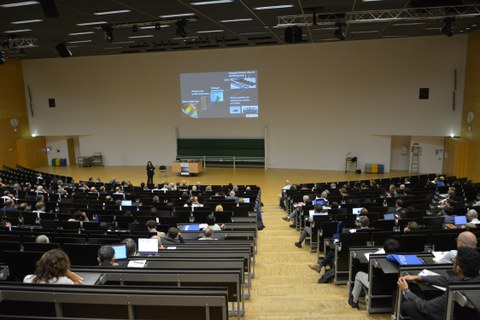
© Ning Guo
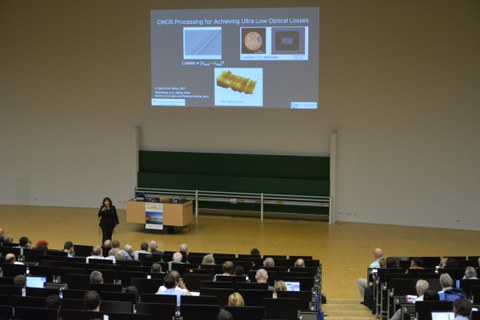
© Ning Guo
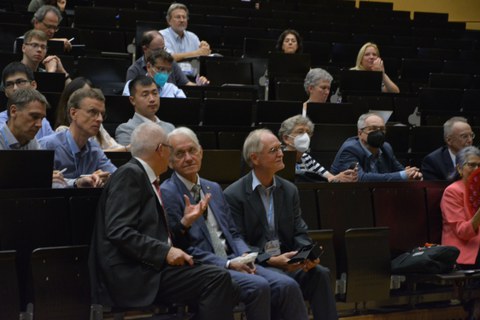
© Ning Guo
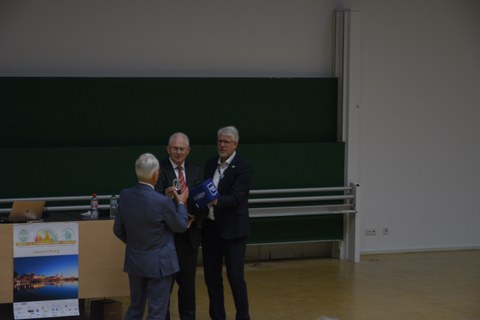
© Ning Guo
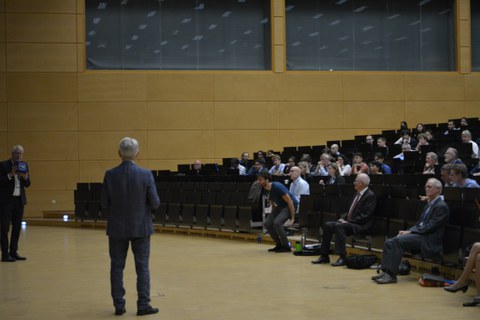
© Ning Guo
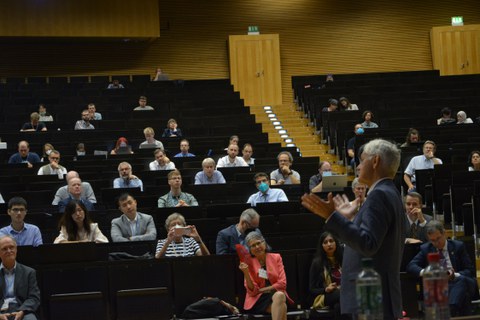
© Ning Guo
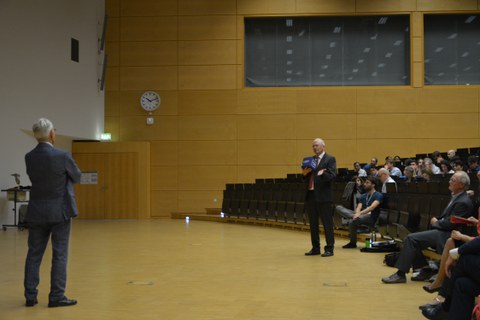
© Ning Guo
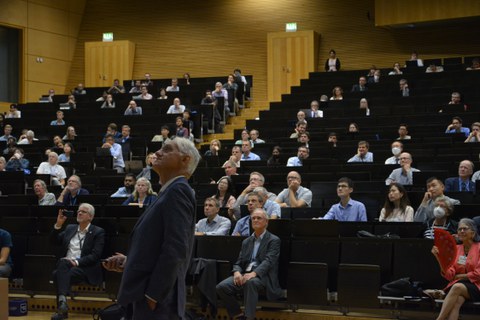
© Ning Guo
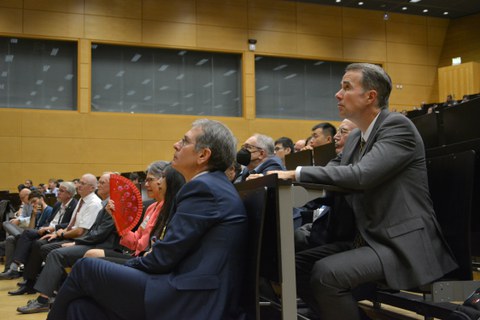
© Ning Guo
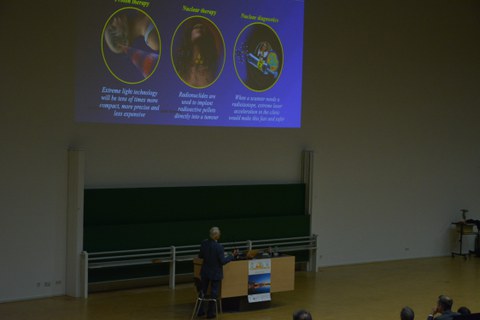
© Ning Guo
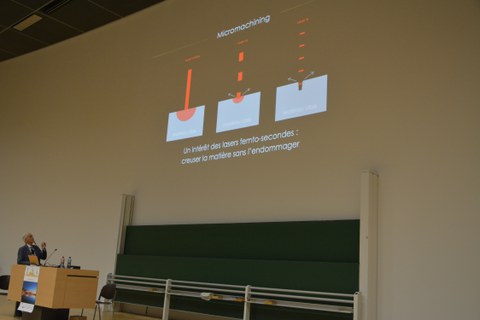
© Ning Guo
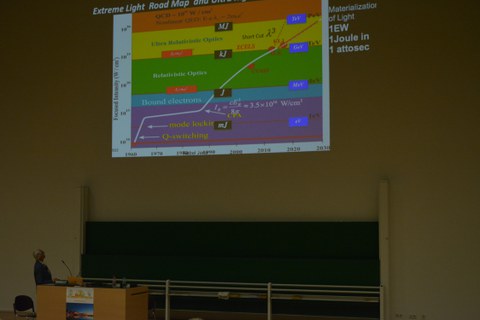
© Ning Guo
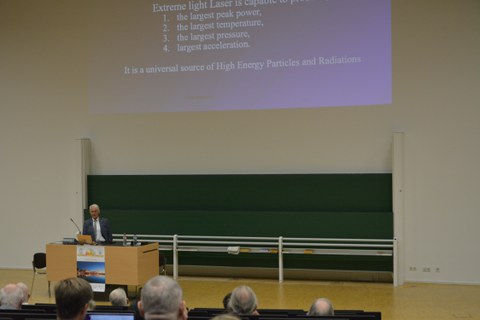
© Ning Guo
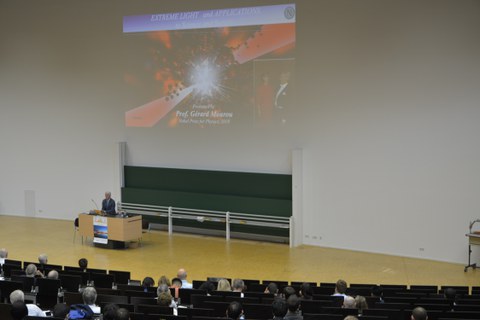
© Ning Guo
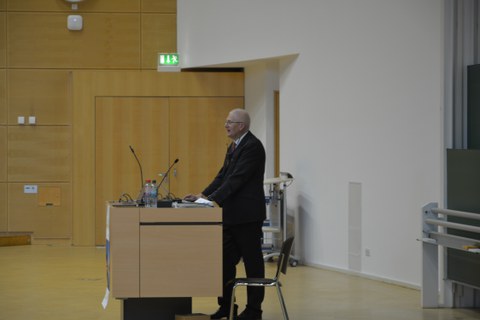
© Ning Guo
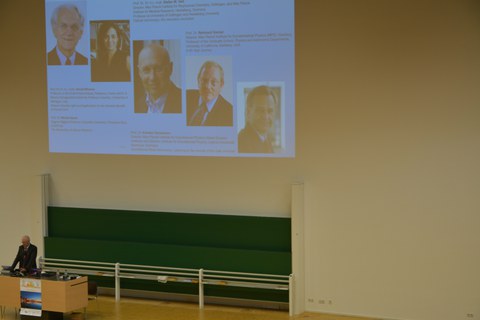
© Ning Guo
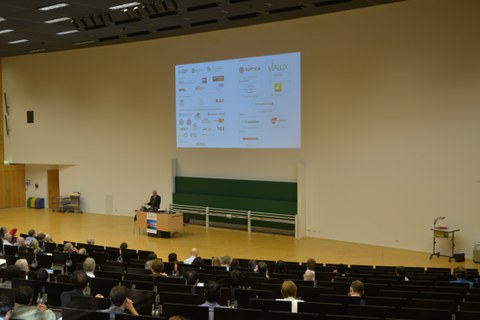
© Ning Guo
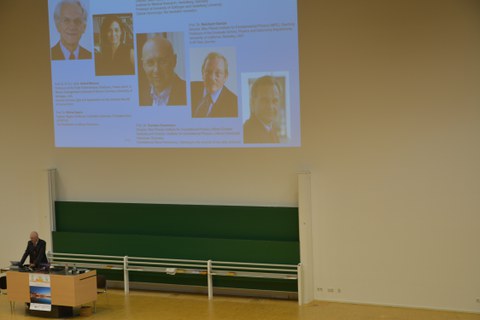
© Ning Guo
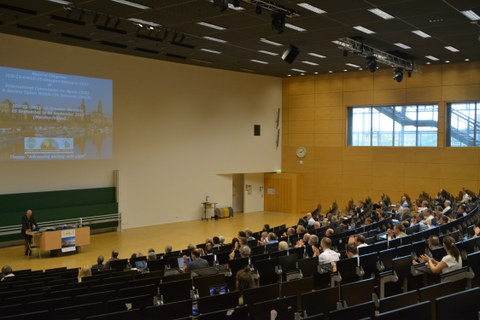
© Ning Guo
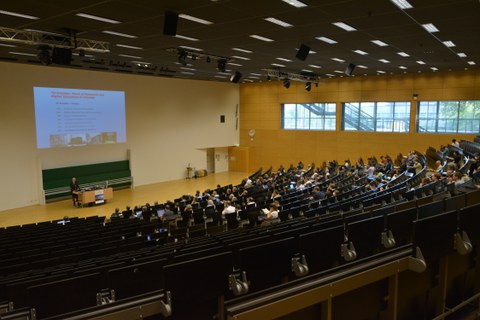
© Ning Guo
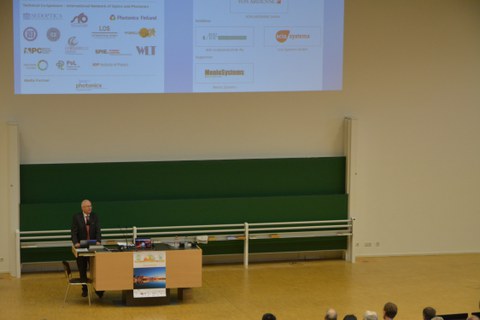
© Ning Guo
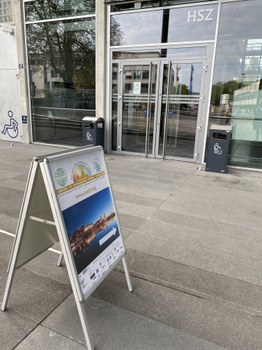
© Ning Guo
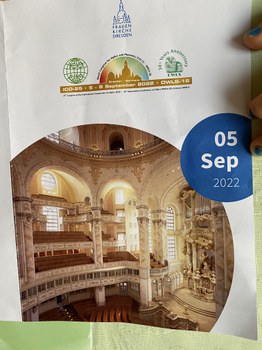
© Jürgen Czarske
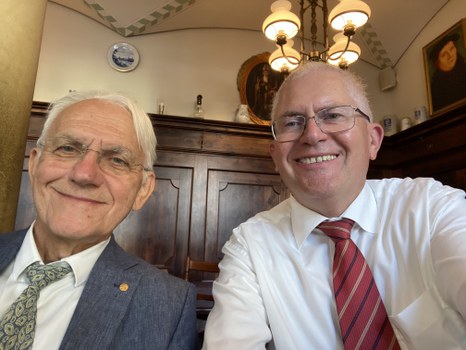
© Jürgen Czarske

© Unknown
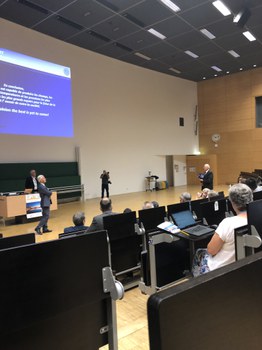
© Jürgen Czarske
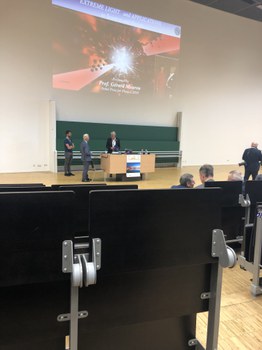
© Jürgen Czarske
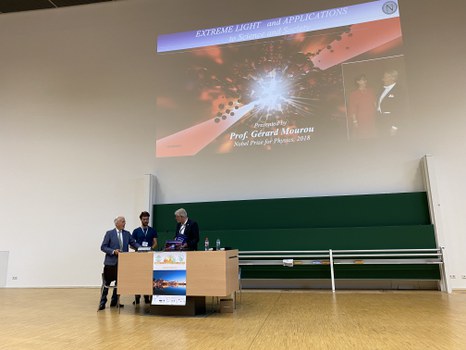
© Jürgen Czarske
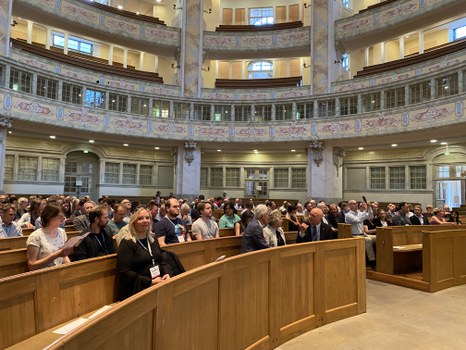
© Jürgen Czarske
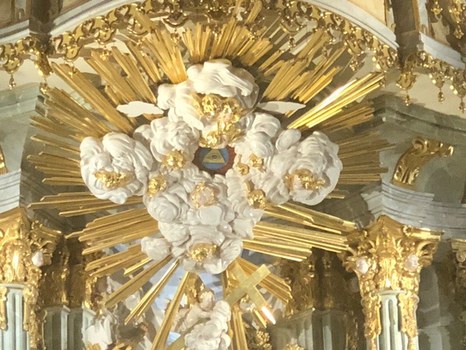
© Unknown
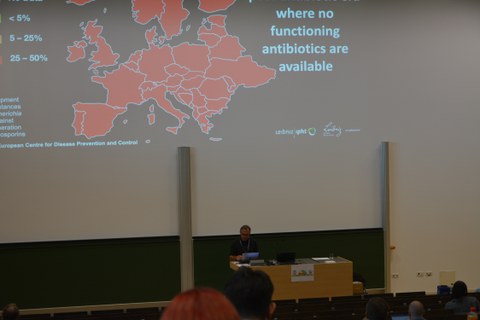
© MST
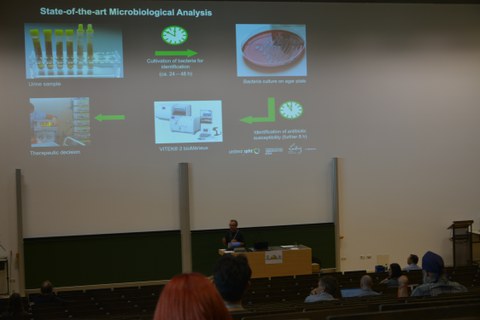
© MST
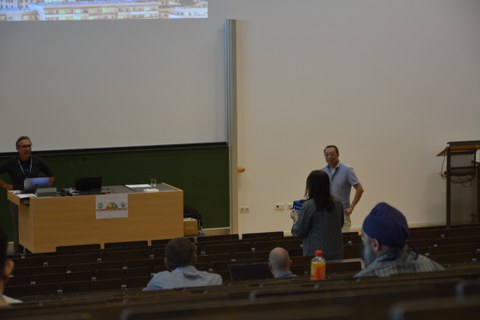
© MST
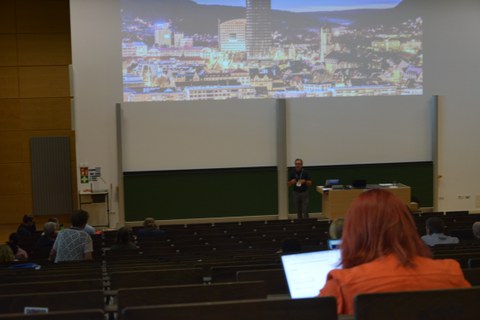
© MST
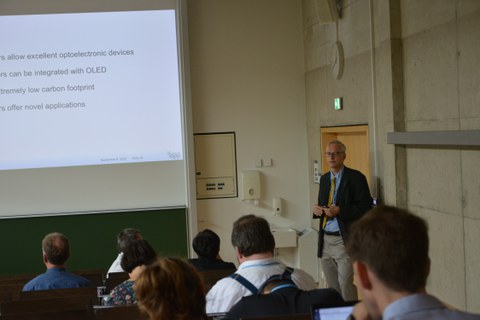
© MST
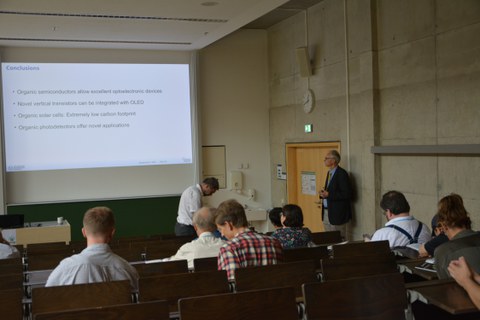
© MST
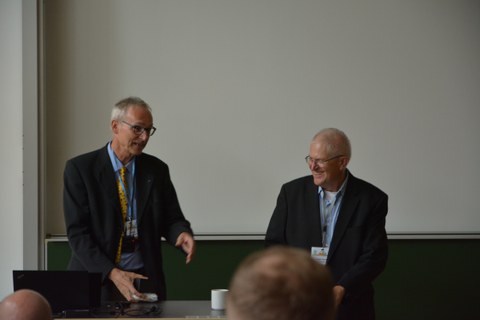
© MST
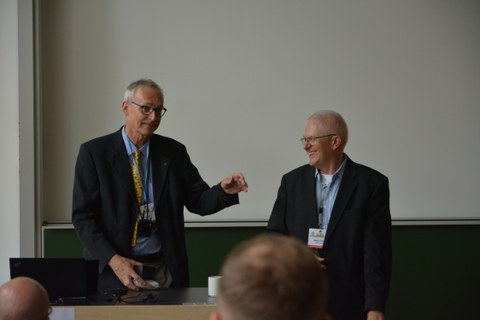
© MST
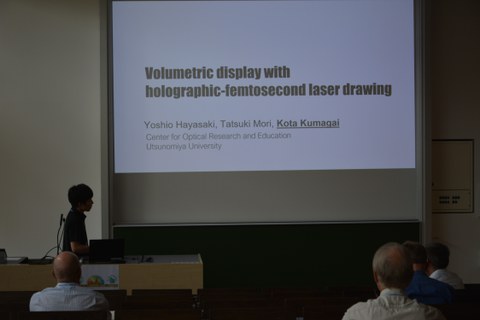
© MST
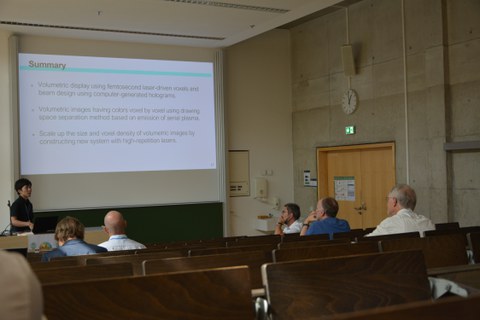
© MST
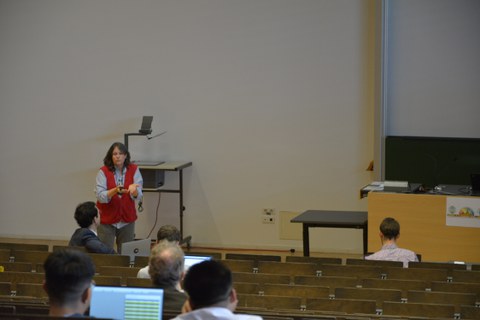
© MST
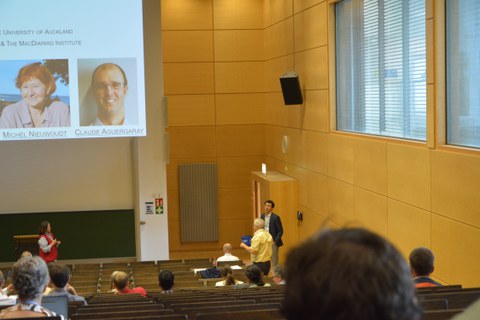
© MST
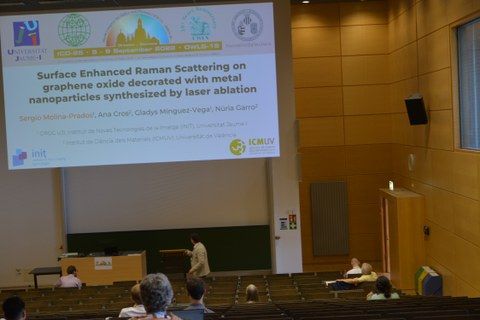
© MST
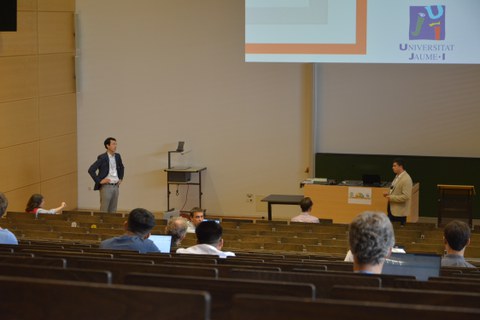
© MST
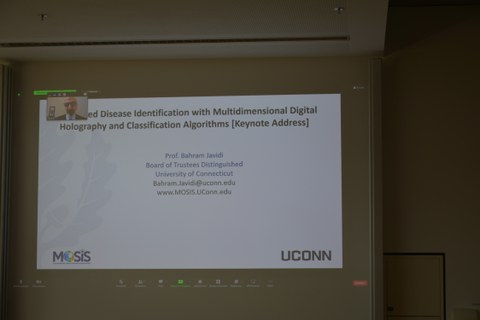
© MST
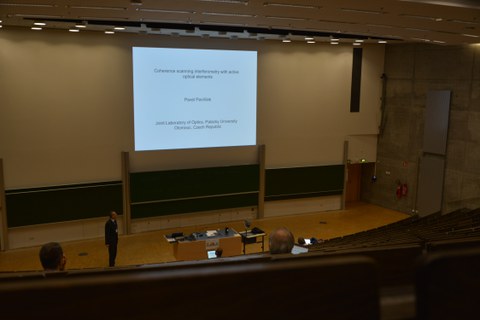
© MST
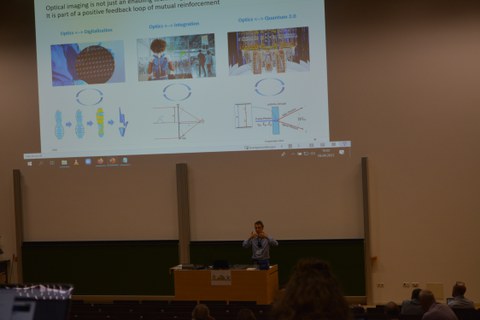
© MST
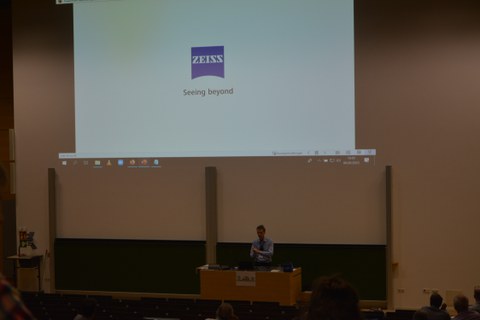
© MST
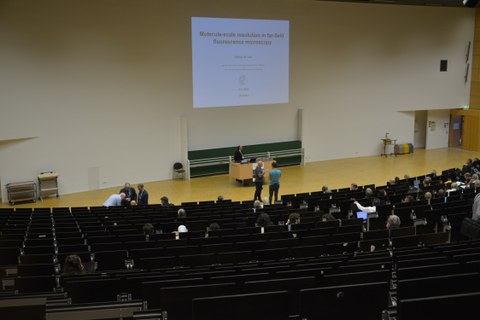
© MST
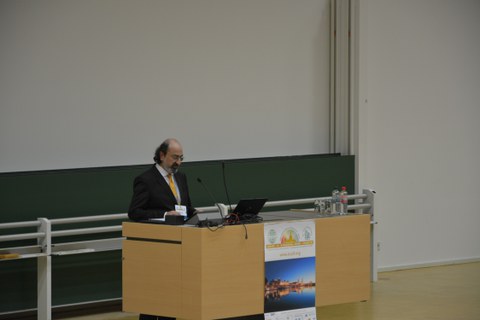
© MST
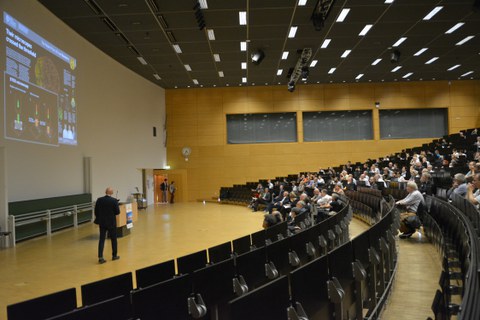
© MST

© MST
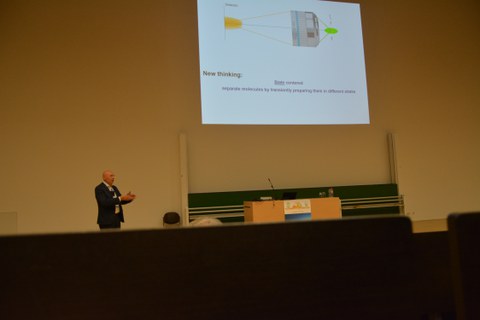
© MST
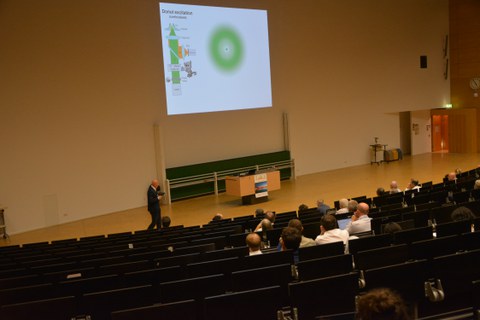
© MST
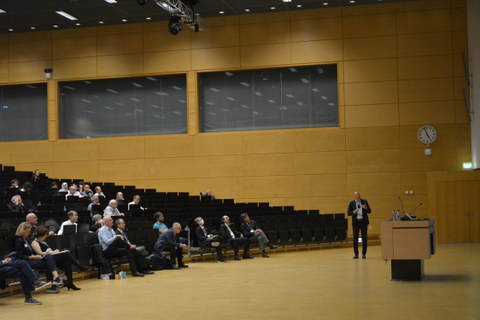
© MST
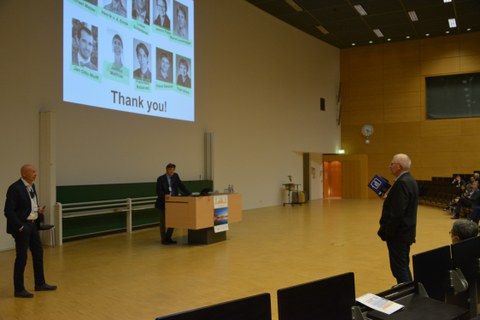
© MST
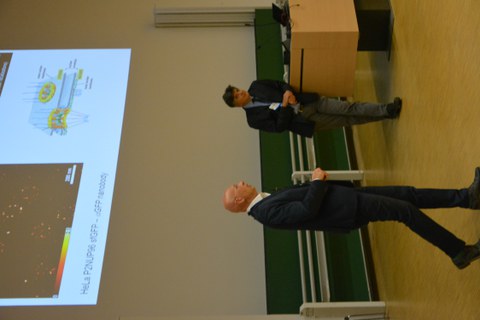
© MST
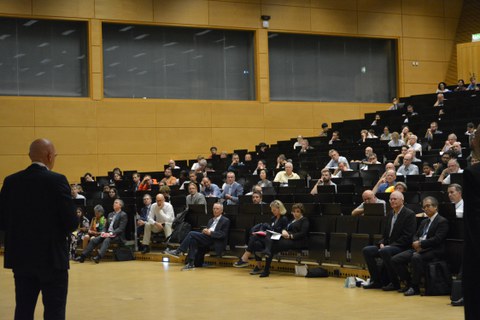
© MST
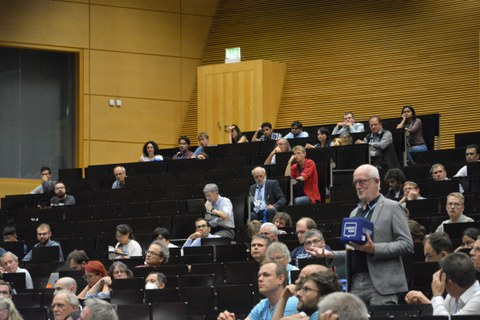
© MST
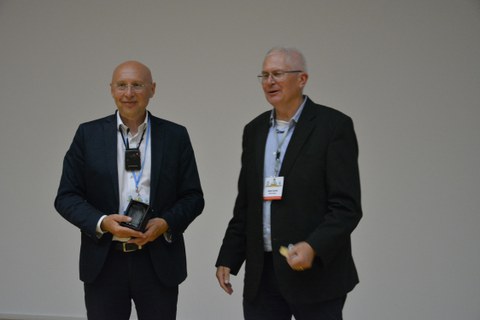
© MST
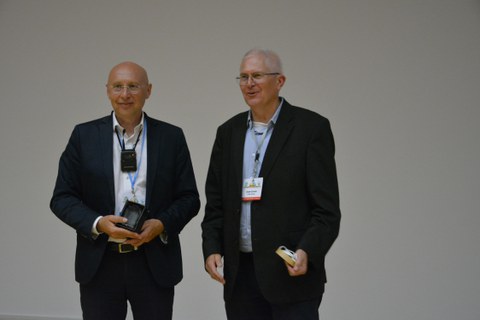
© MST
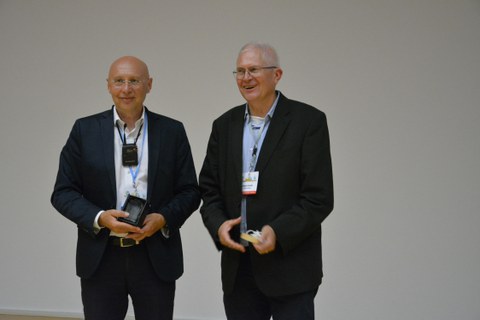
© MST
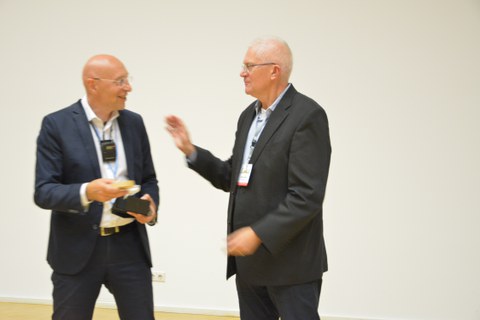
© MST
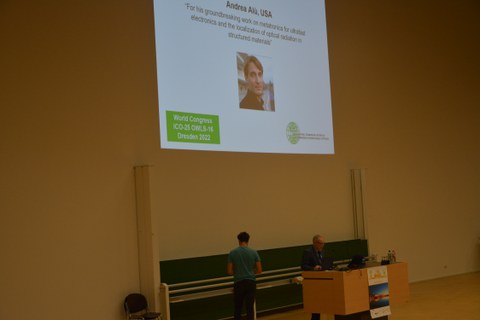
© MST
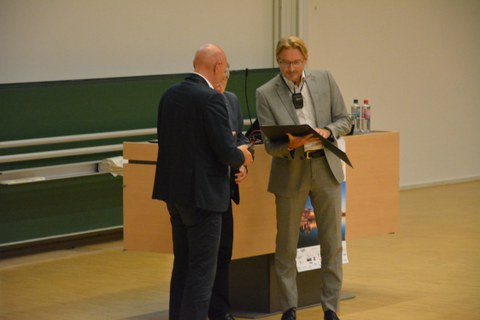
© MST
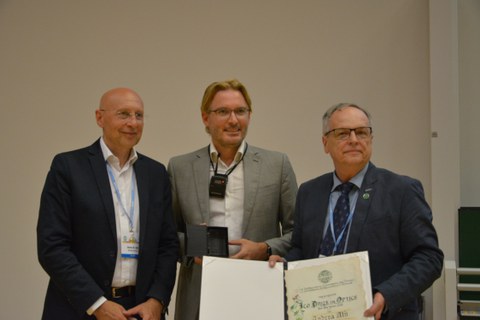
© MST

© MST
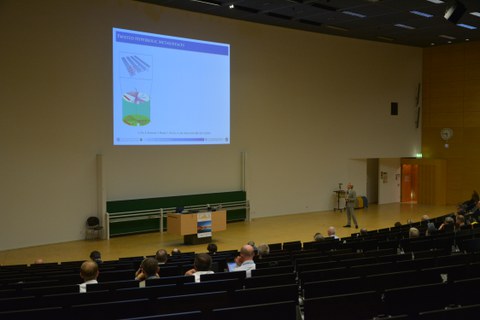
© MST
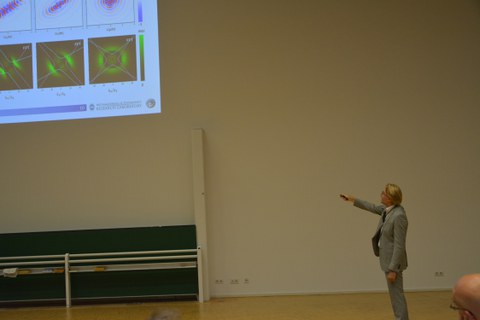
© MST
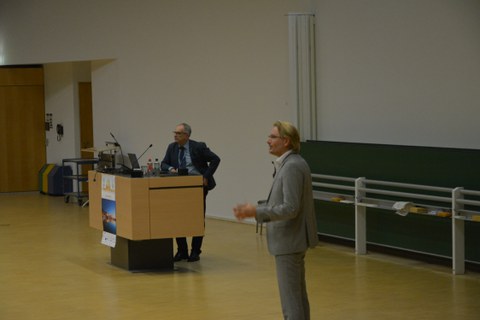
© MST
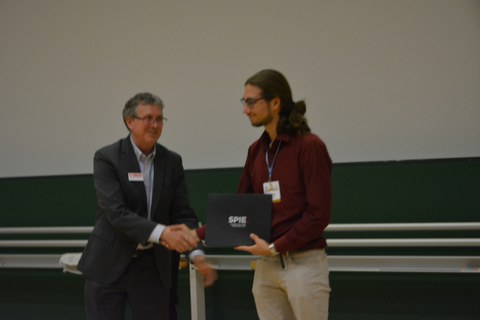
© MST
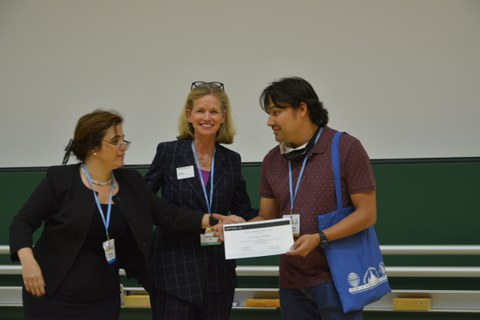
© MST

© MST

© MST
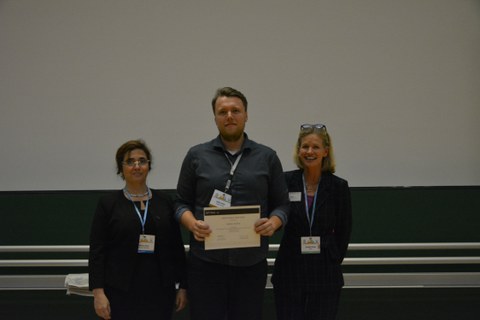
© MST
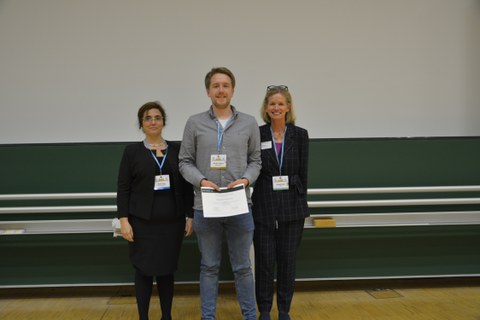
© MST
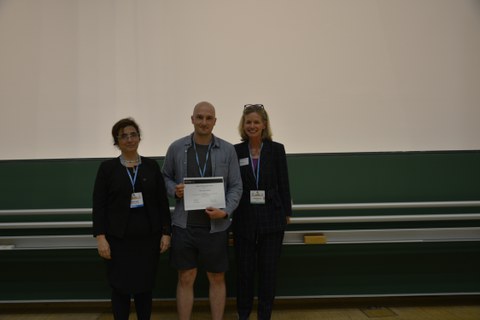
© MST
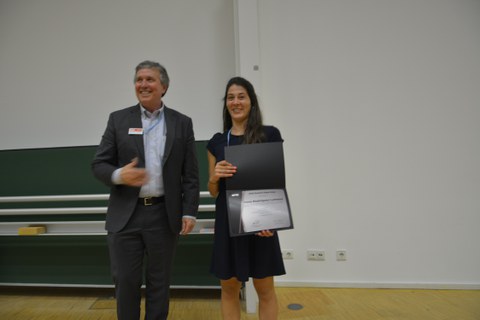
© MST
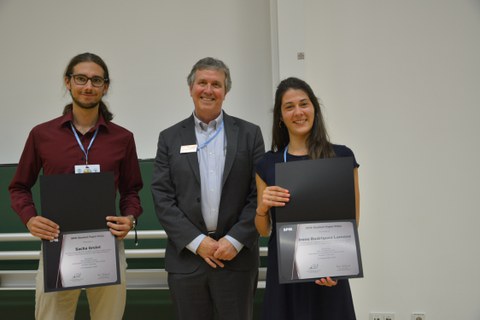
© MST
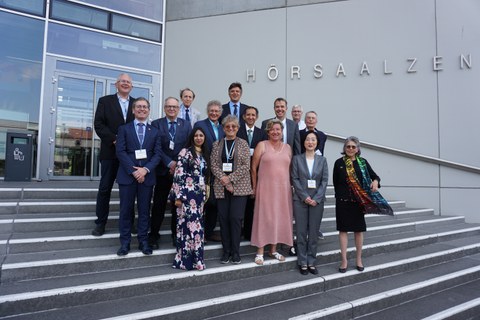
© MST
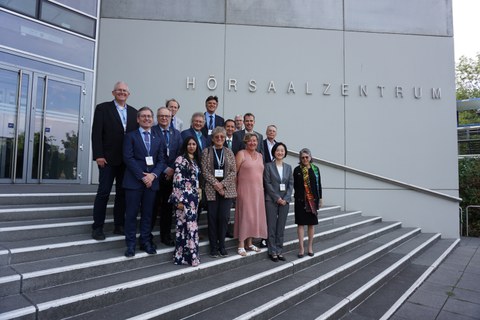
Towards preparation of the General Assembly, group photo in front of the Venue (1. from left: General Chair Juergen Czarske, 2. from left: Secretary of ICO Humberto Michinel, 5. from right: ICO President John Howell © MST
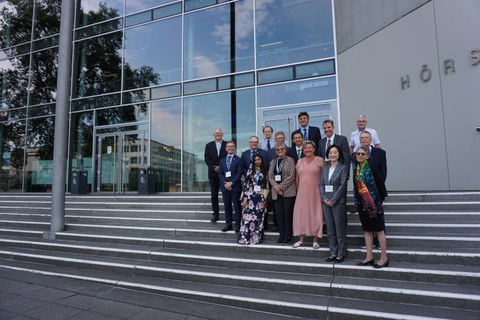
© MST
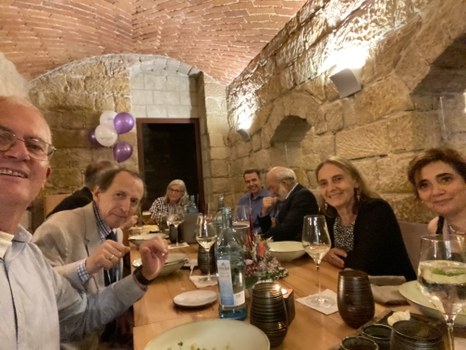
© MST
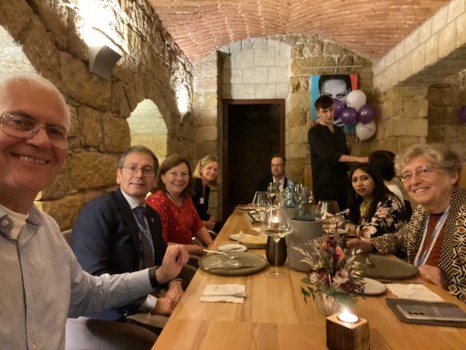
© MST
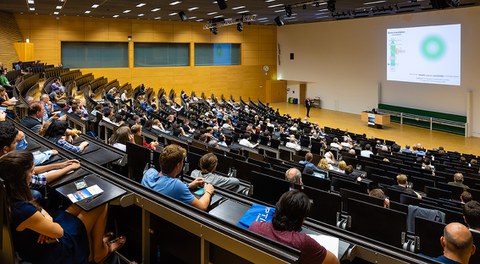
© MST
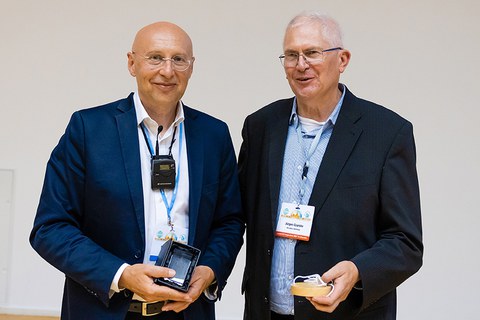
Nobel Laureate Stefan Hell and General Chair Juergen Czarske (from left) © MST
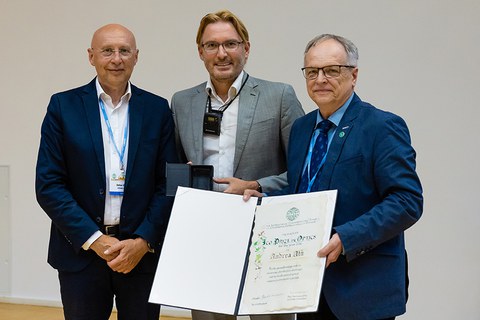
© MST
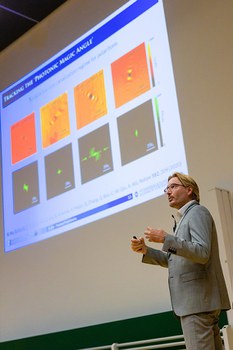
© MST
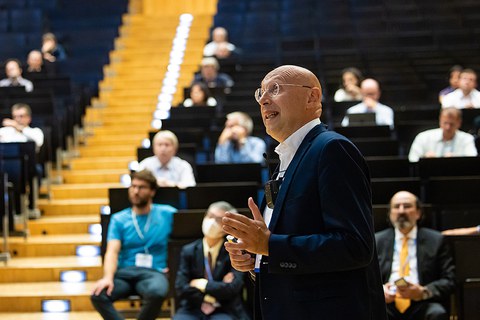
© MST
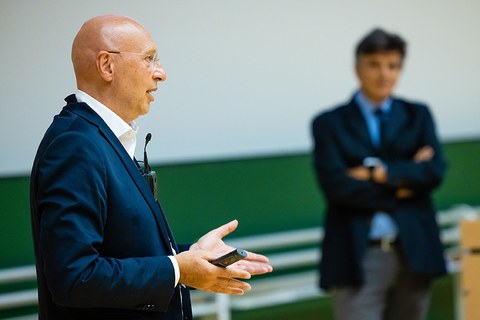
© MST
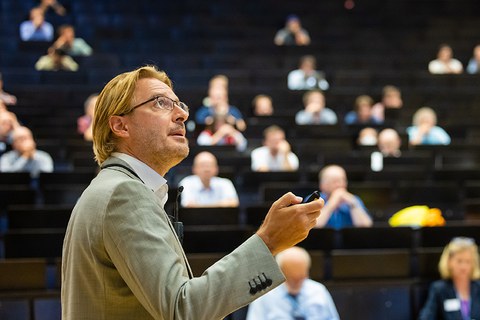
© MST
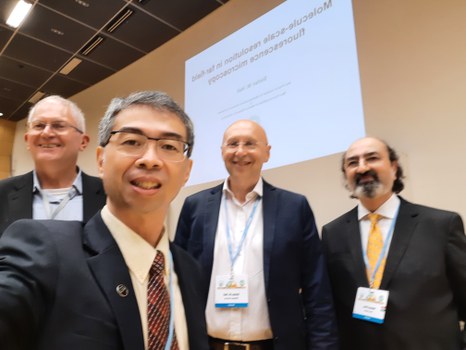
© MST
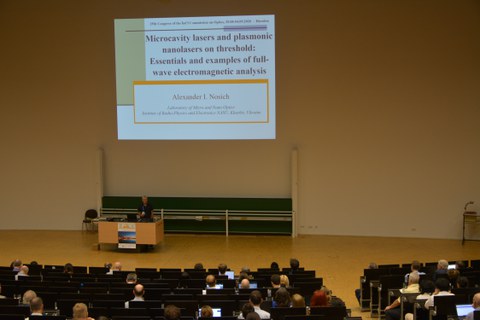
© MST
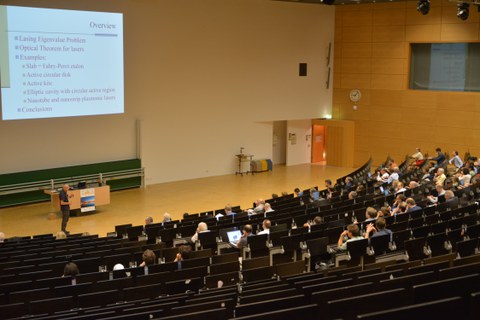
© MST
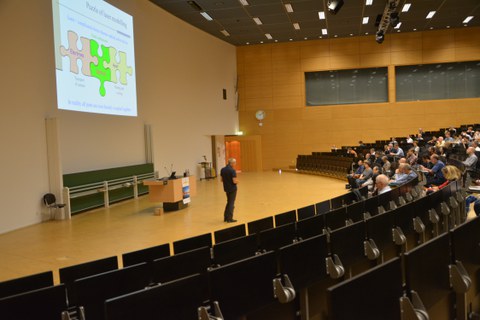
© MST
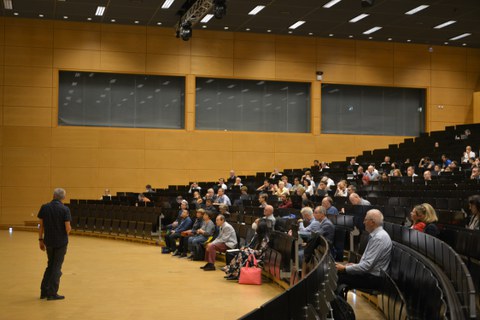
© MST
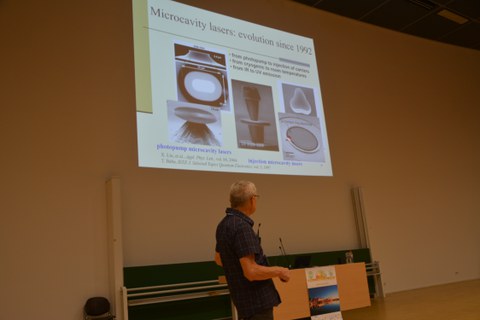
© MST
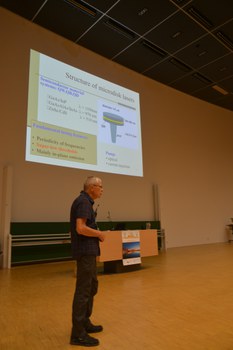
© MST
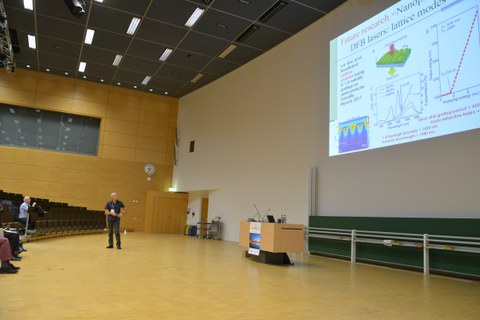
© MST
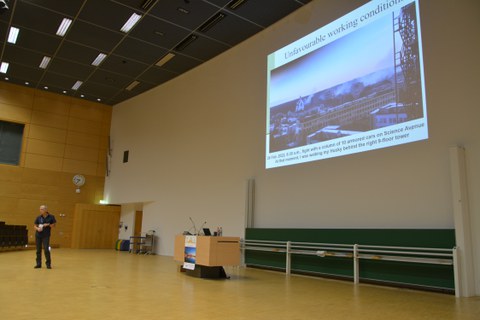
© MST
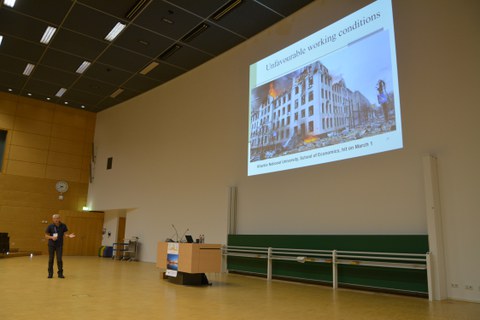
© MST
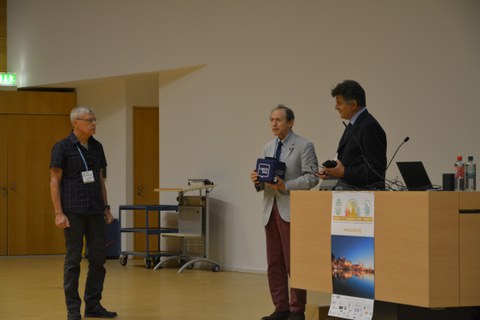
© MST
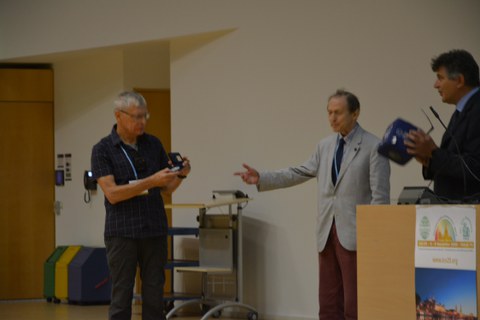
© MST
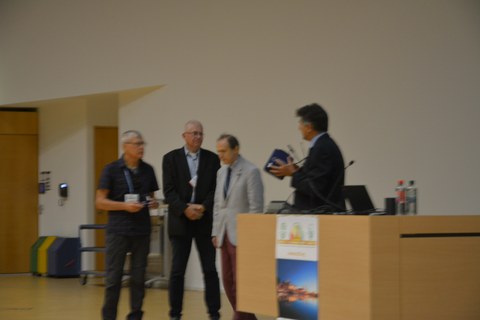
© MST
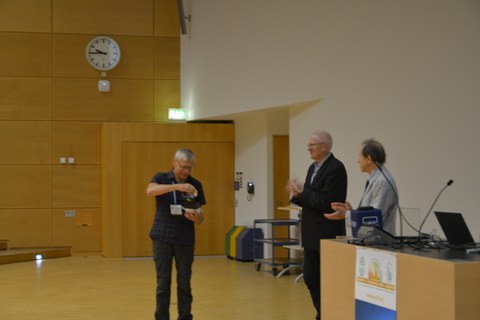
© MST

© MST

© MST
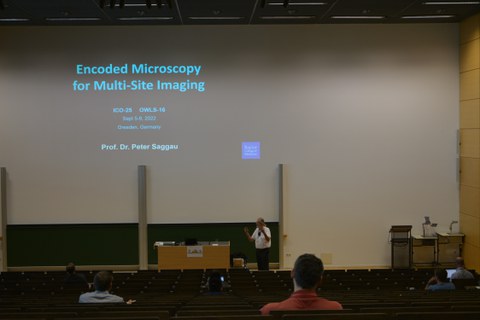
© MST
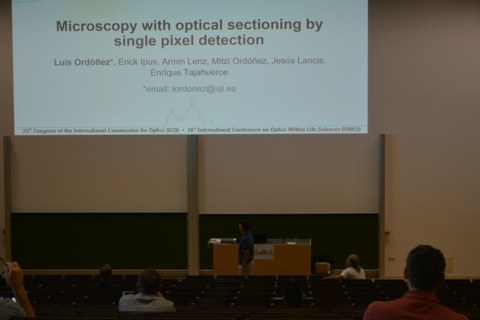
© MST
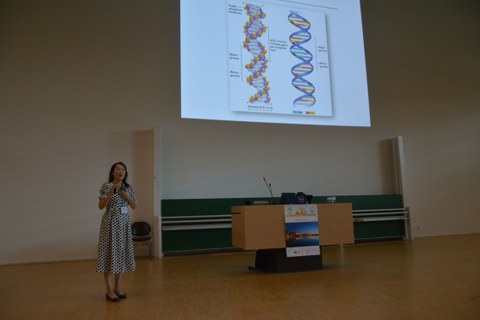
© MST
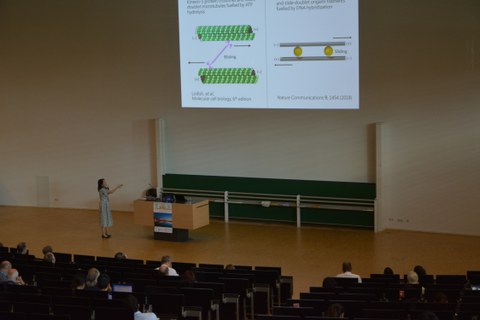
© MST
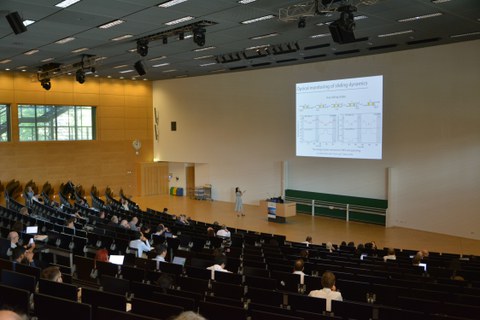
© MST
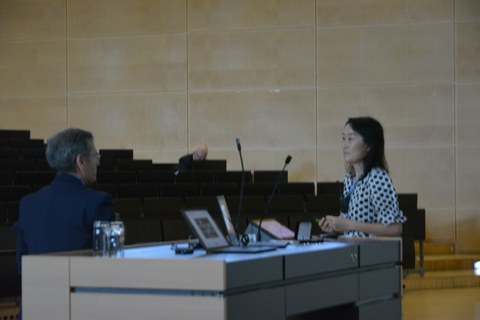
© MST
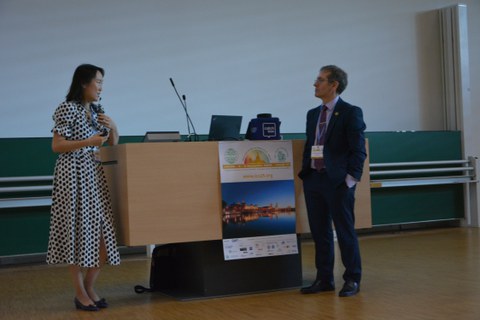
© MST
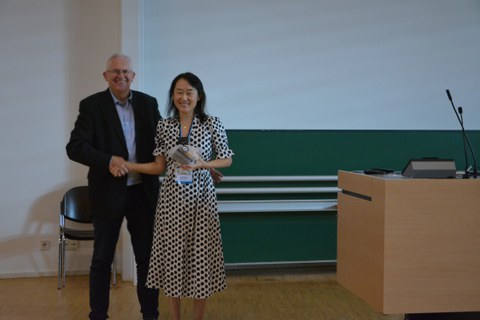
© MST
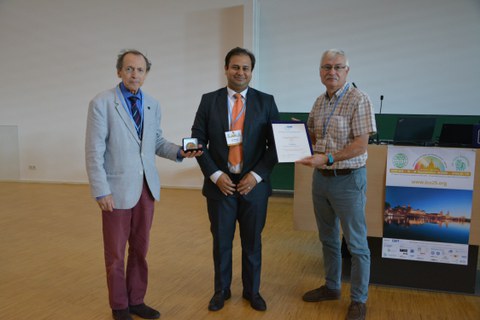
© MST
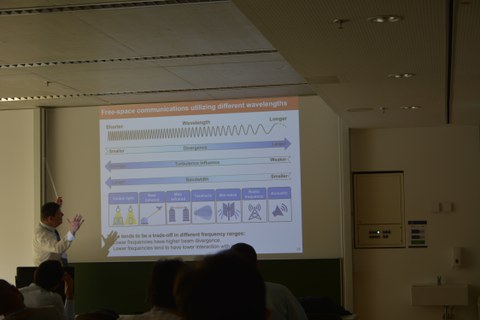
© MST
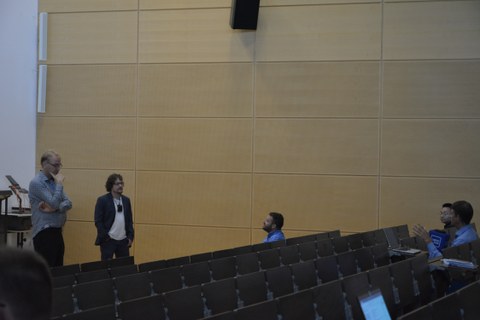
© MST
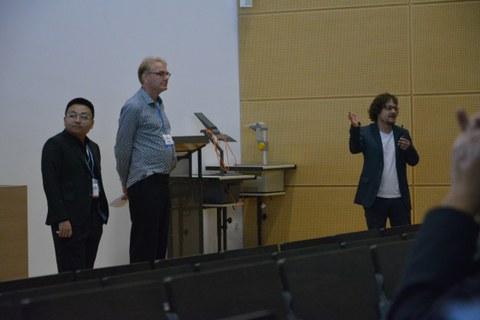
© MST
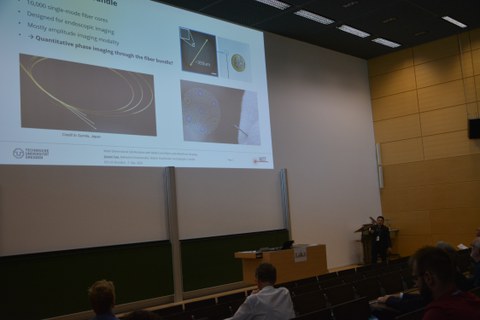
© MST
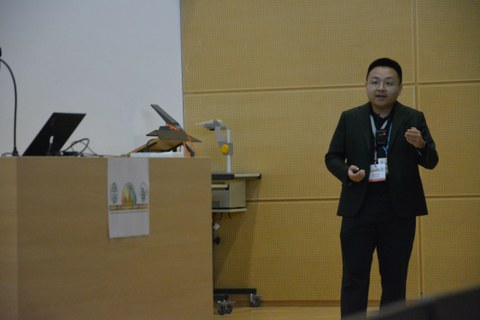
© MST
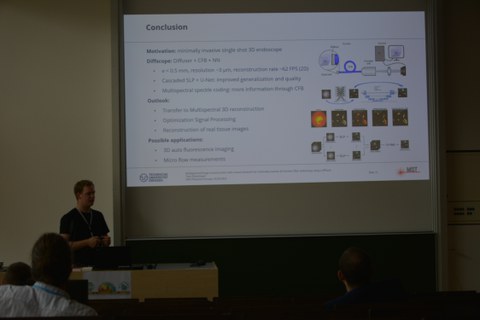
© MST
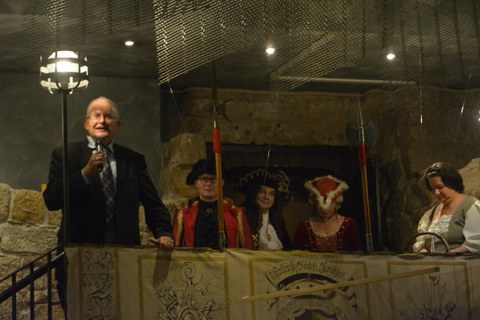
© MST
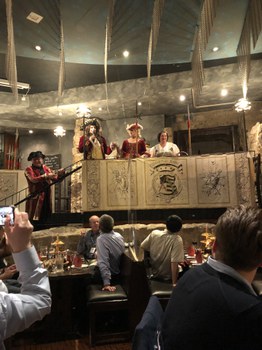
© MST
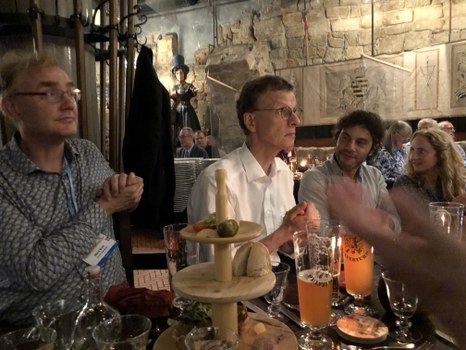
© MST
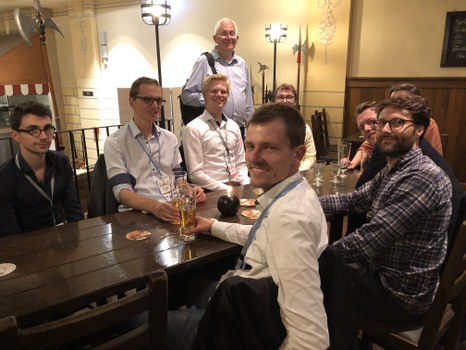
© MST
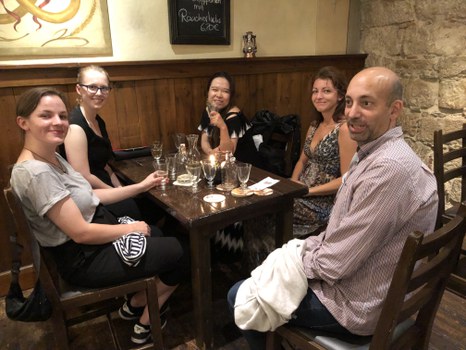
© MST
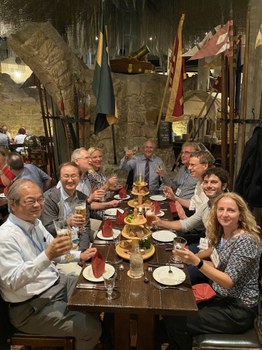
© MST
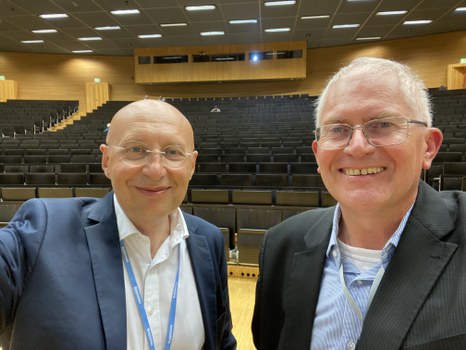
© MST
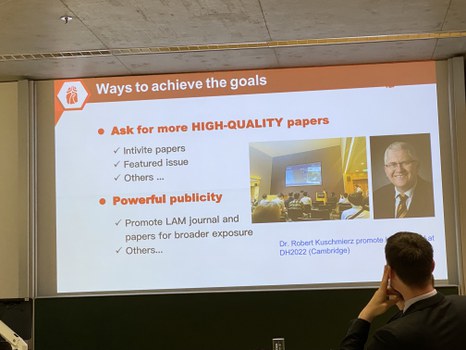
© MST
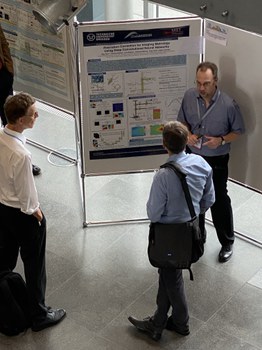
© MST
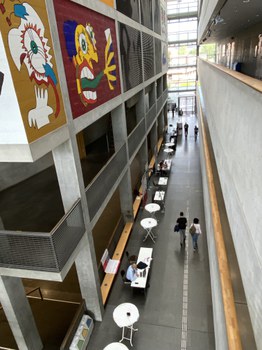
© MST
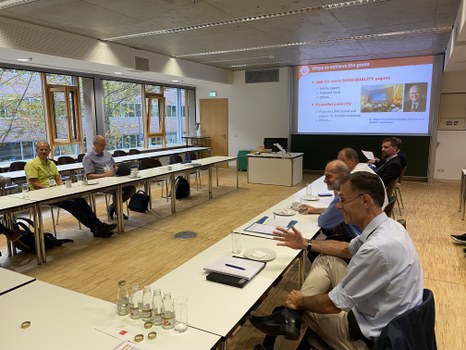
© MST
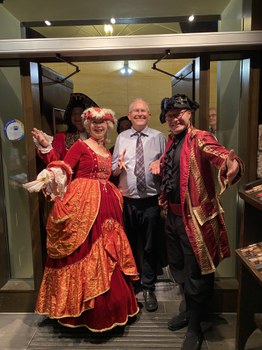
© MST
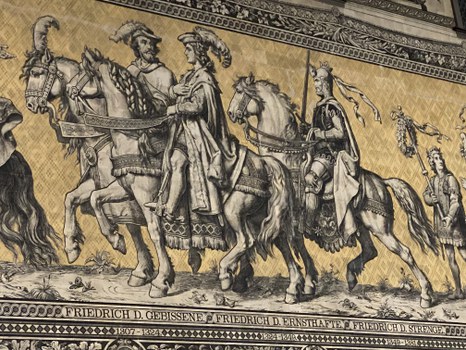
© MST
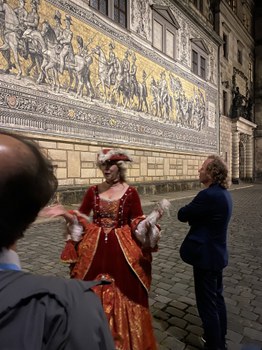
© MST

© MST
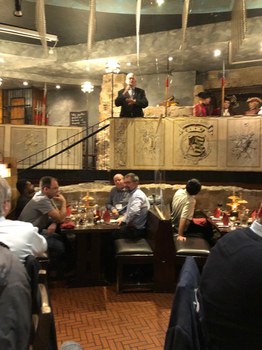
© MST
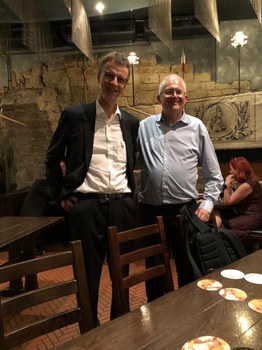
© MST
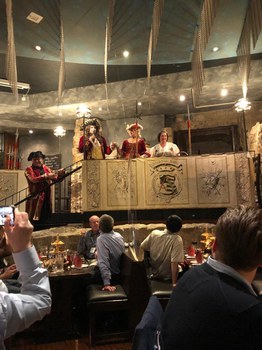
© MST
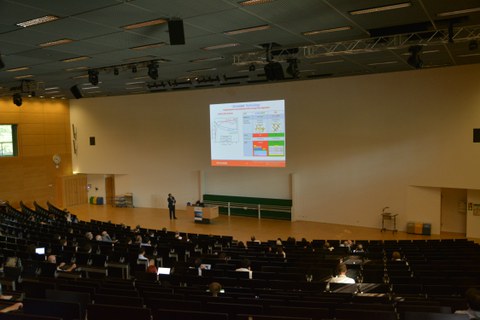
© MST
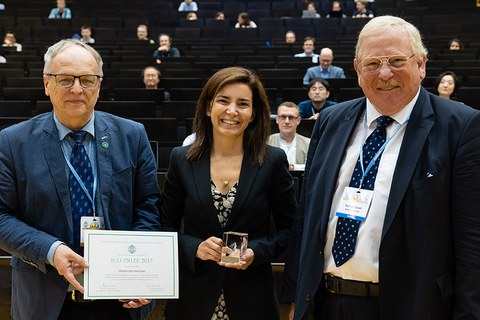
© MST
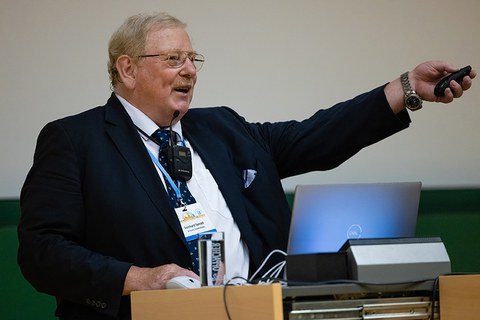
© MST
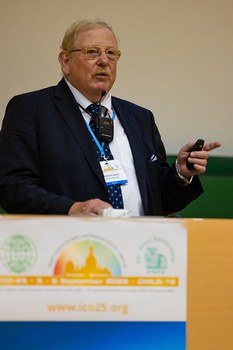
© MST
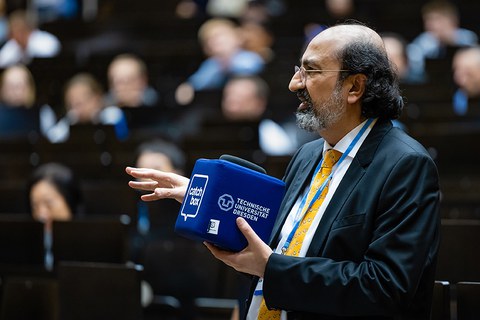
© MST
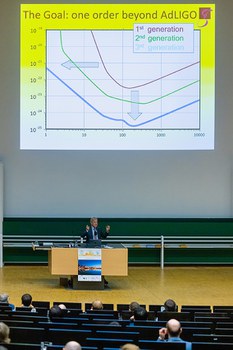
© MST
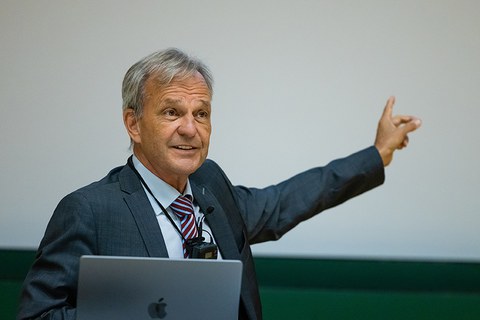
© MST
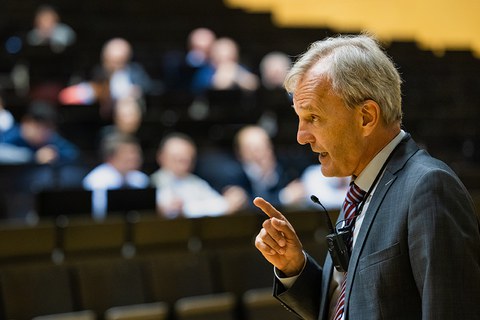
© MST
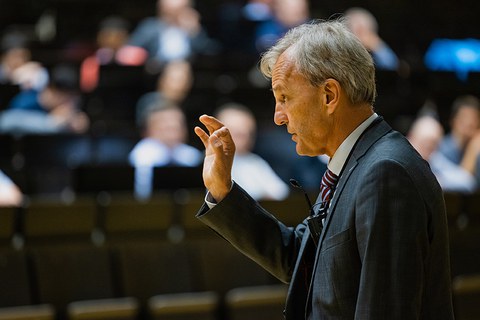
© MST
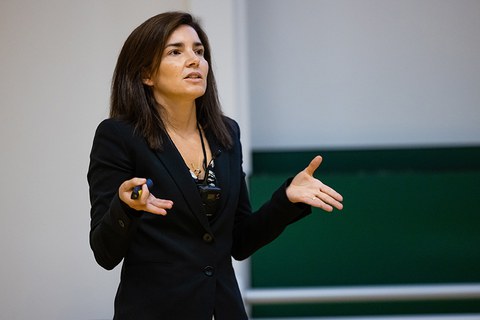
© MST
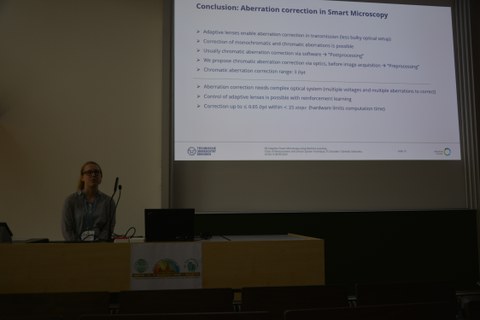
© MST
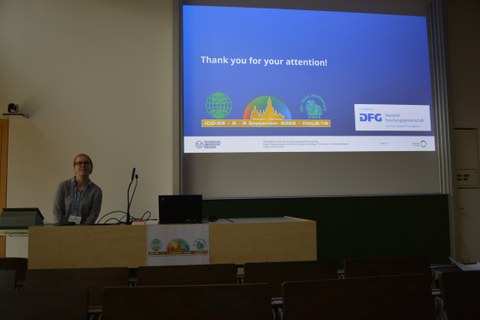
© MST
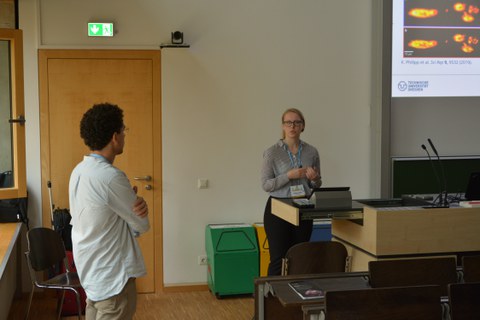
© MST
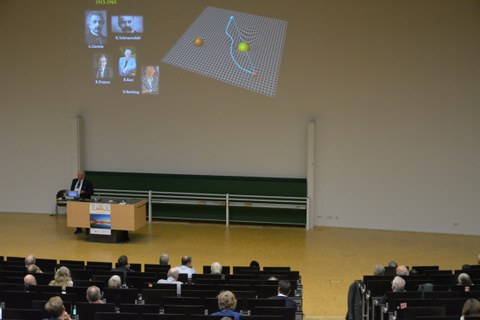
© MST
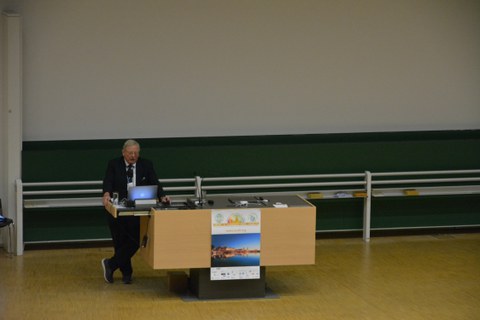
© MST
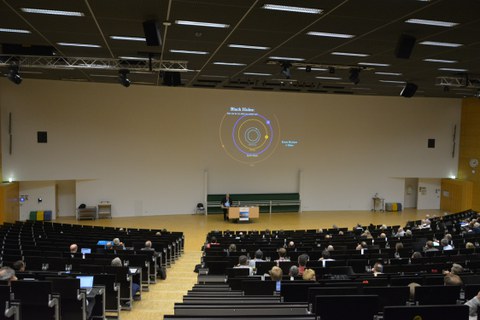
© MST
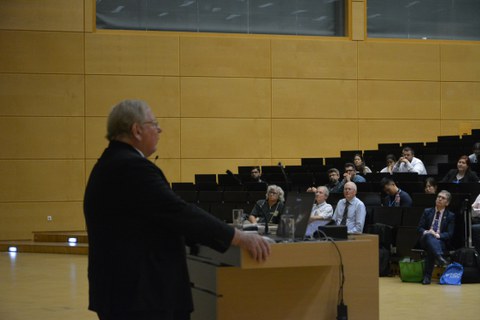
© MST
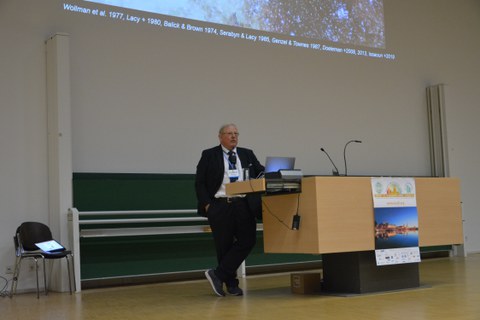
© MST
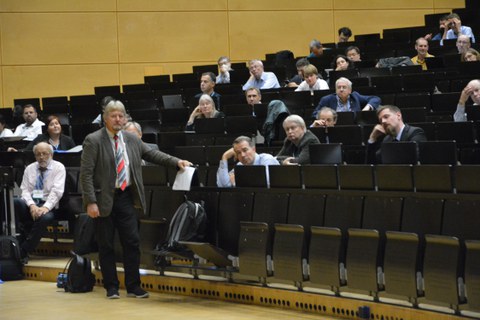
© MST
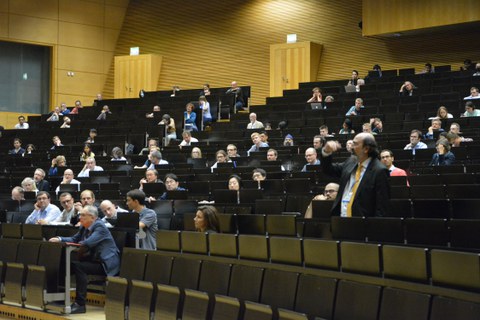
© MST
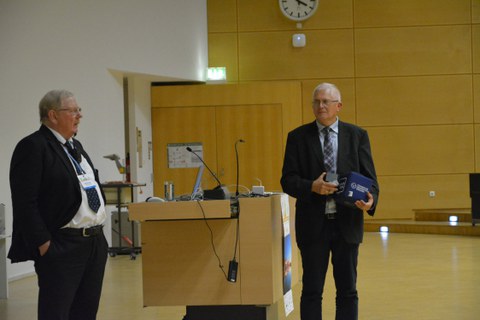
© MST
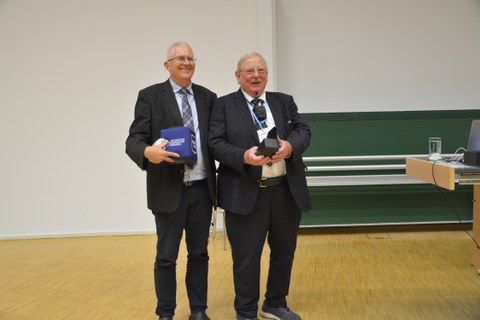
© MST
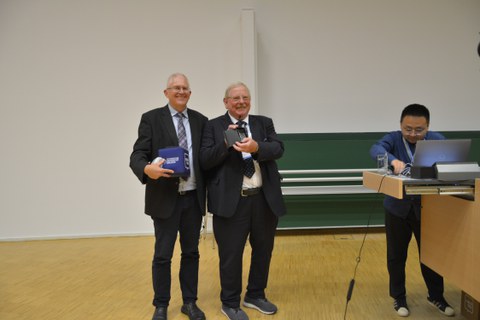
© MST
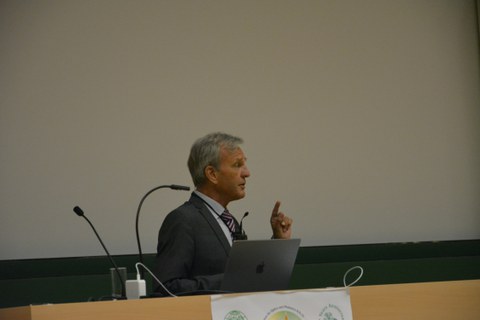
© MST
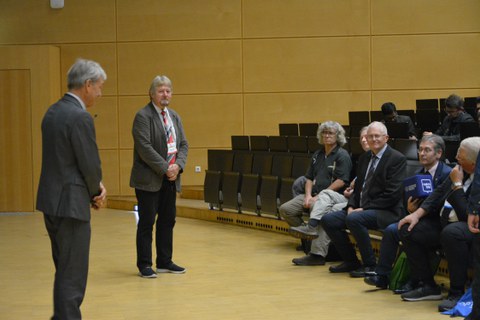
© MST
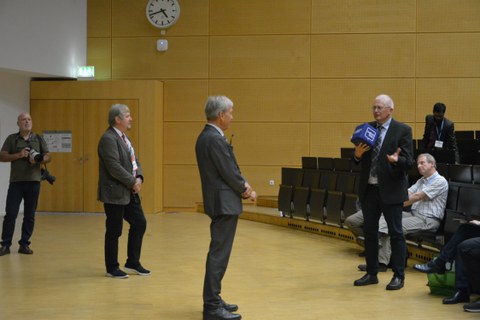
© MST
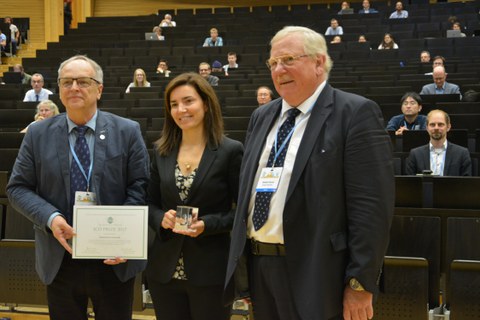
© MST
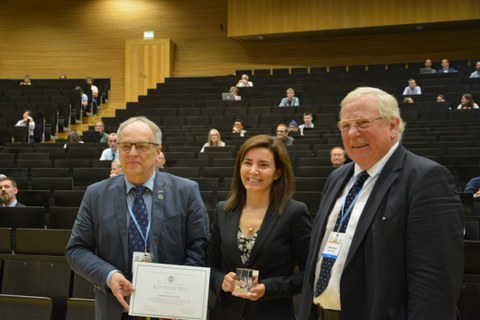
© MST
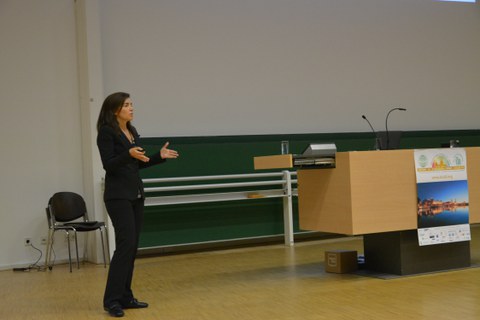
© MST
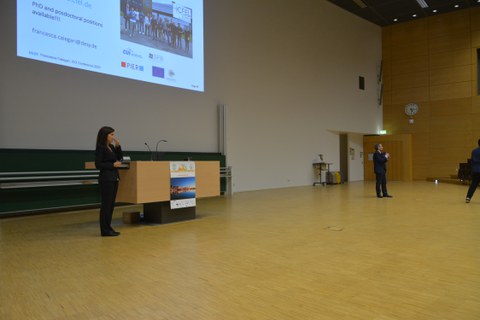
© MST
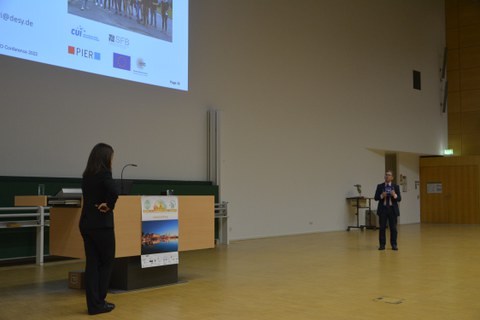
© MST
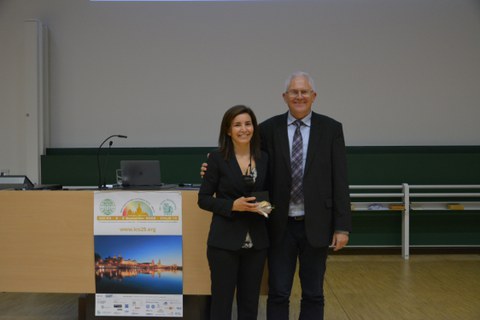
© MST
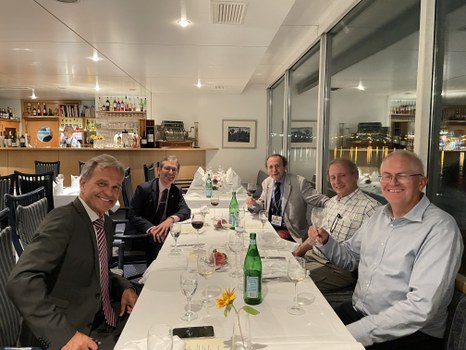
© MST
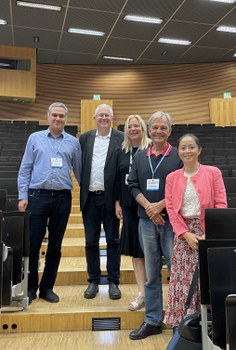
© MST
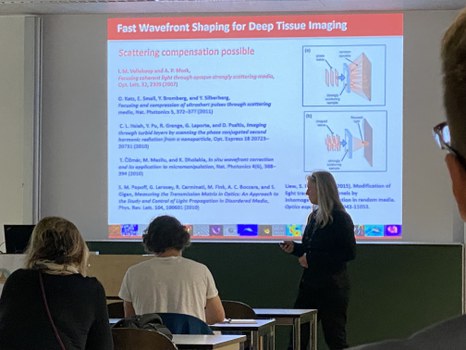
© MST
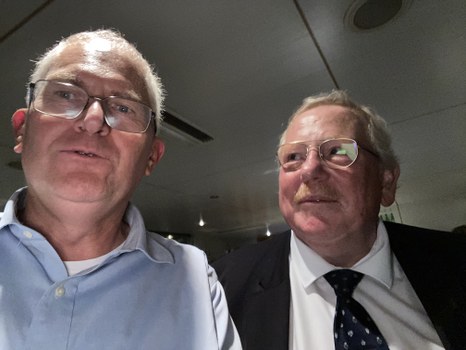
© MST
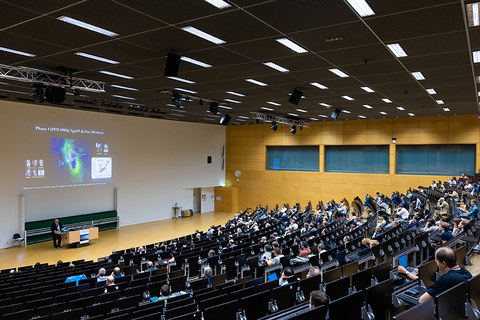
© MST
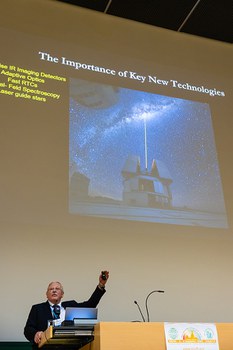
© MST
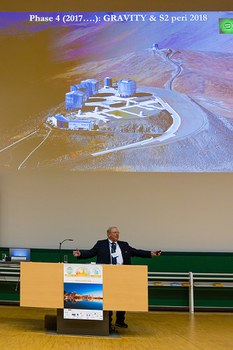
© MST
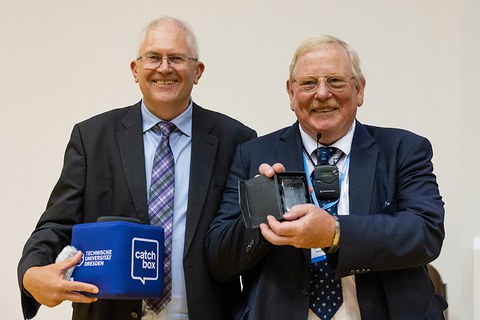
Nobel Laureate Reinhard Genzel and General Chair Juergen Czarske (from right) © MST
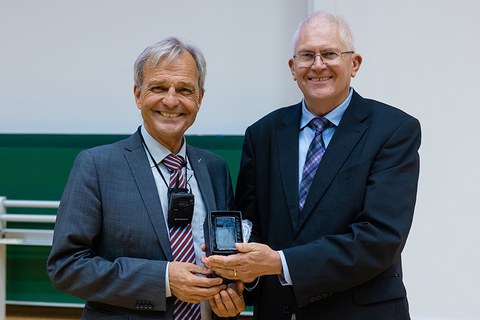
© MST
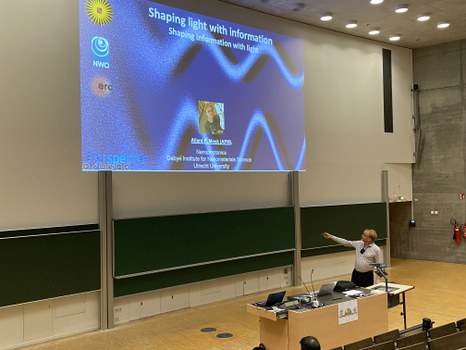
© MST
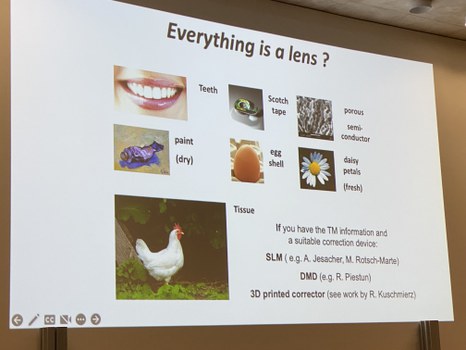
© MST
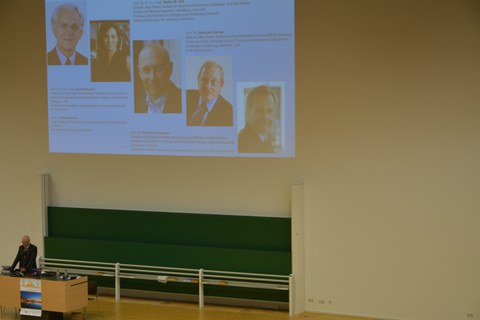
© MST

© MST
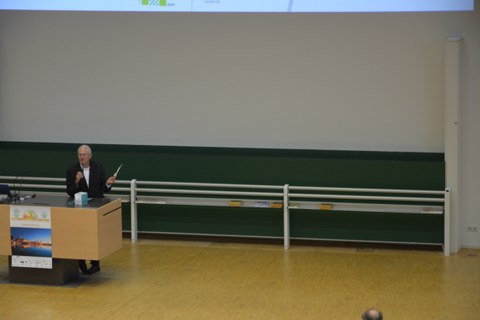
© MST
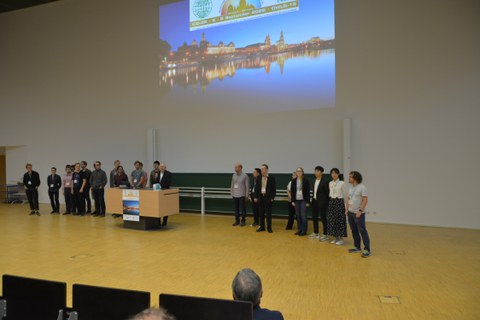
© MST
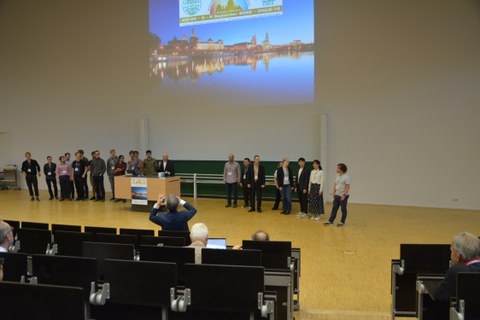
© MST
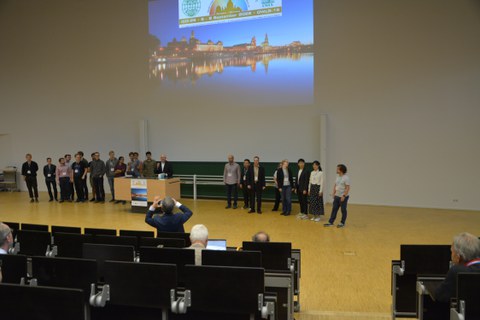
© MST
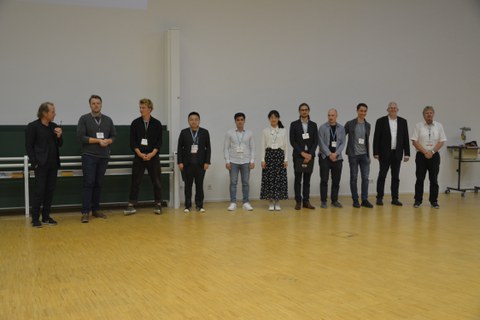
© MST
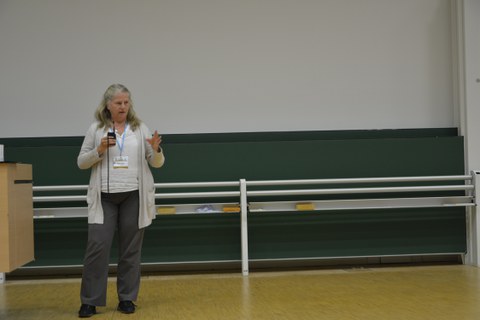
© MST
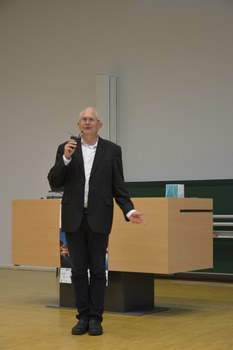
© MST


